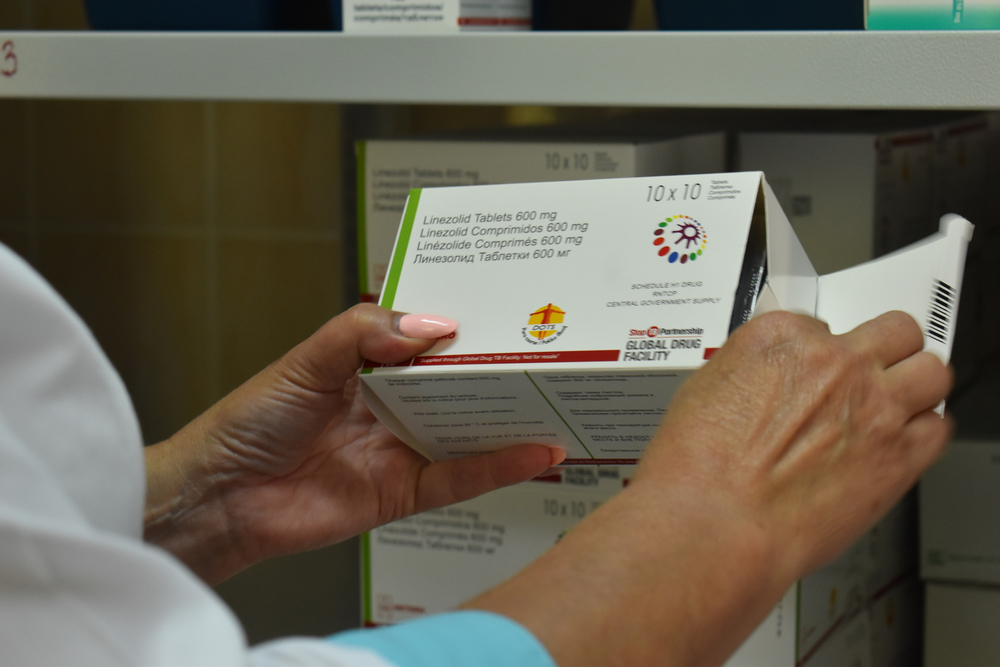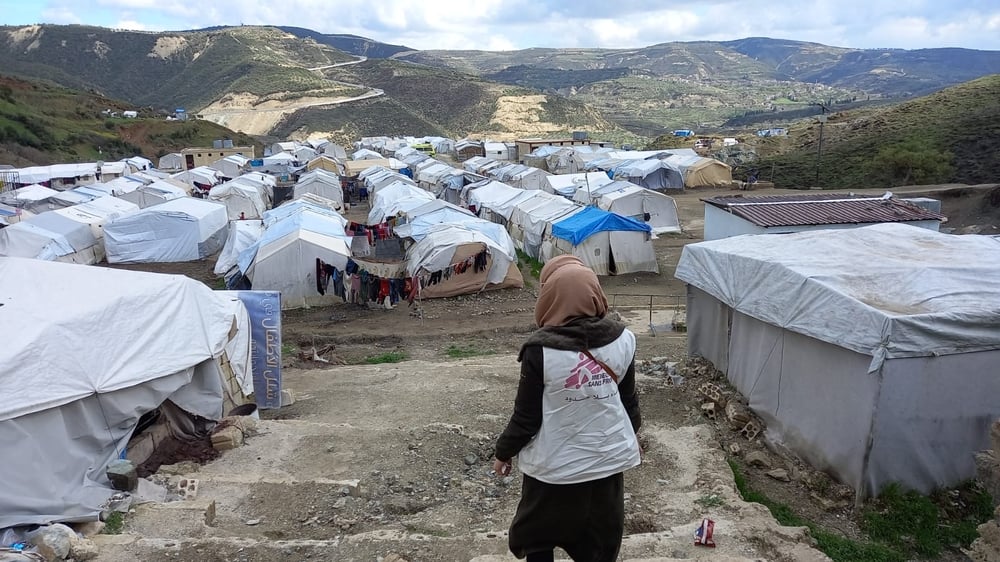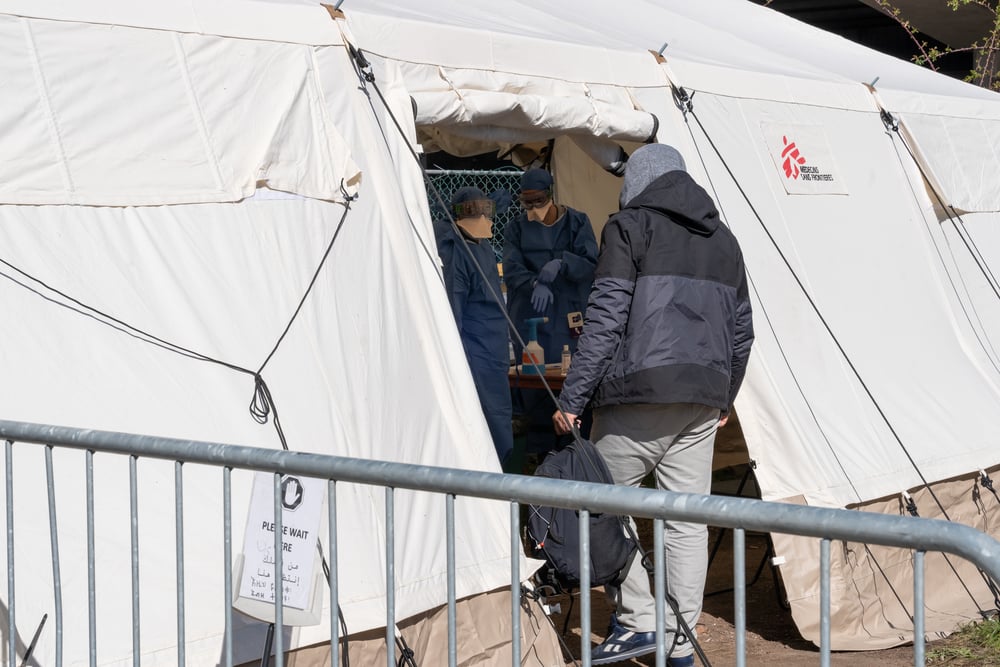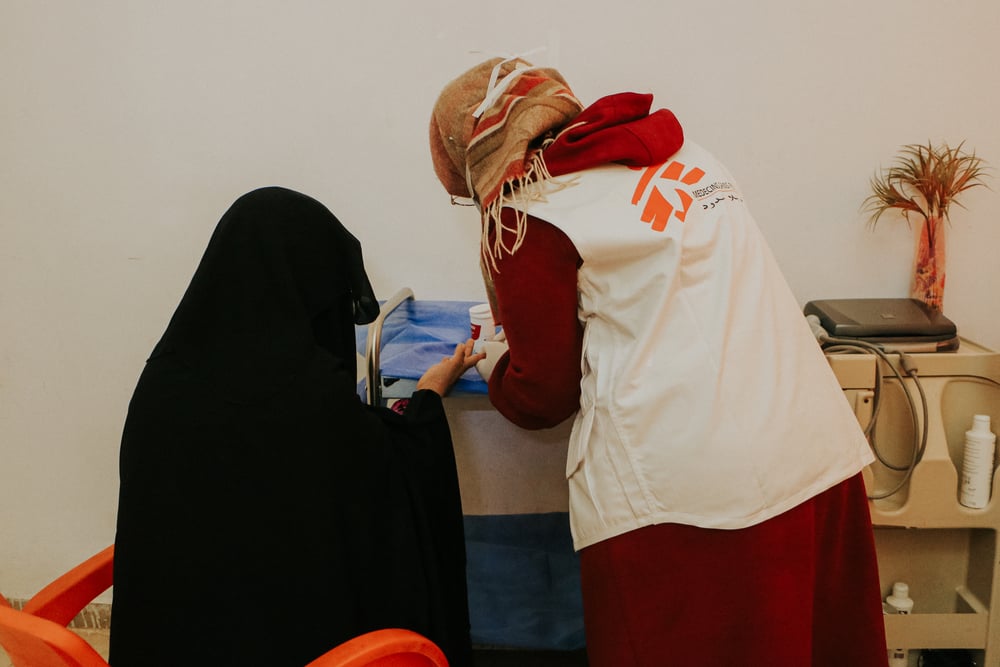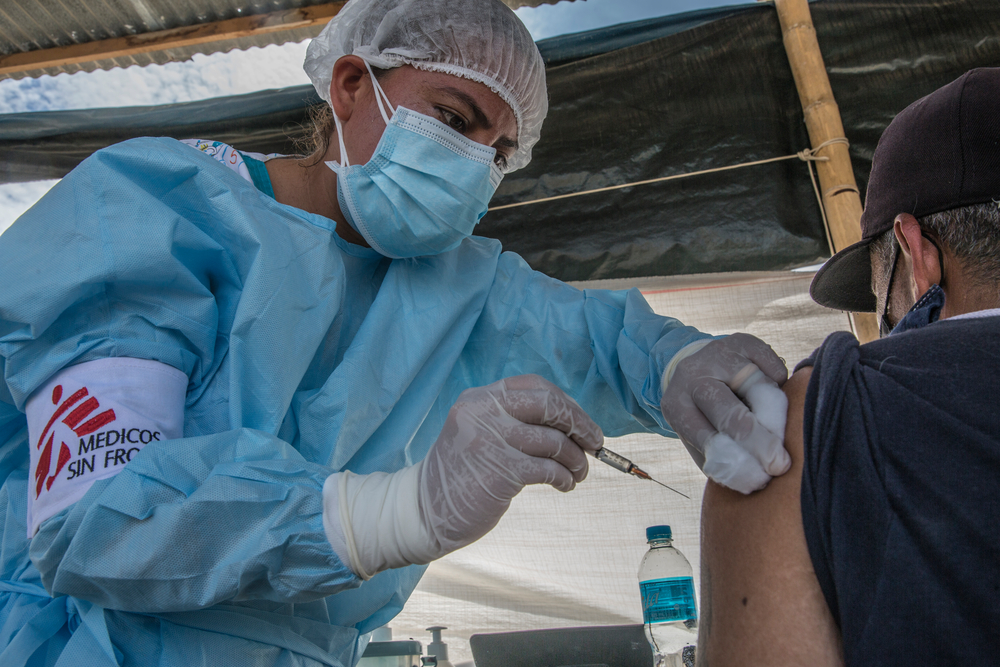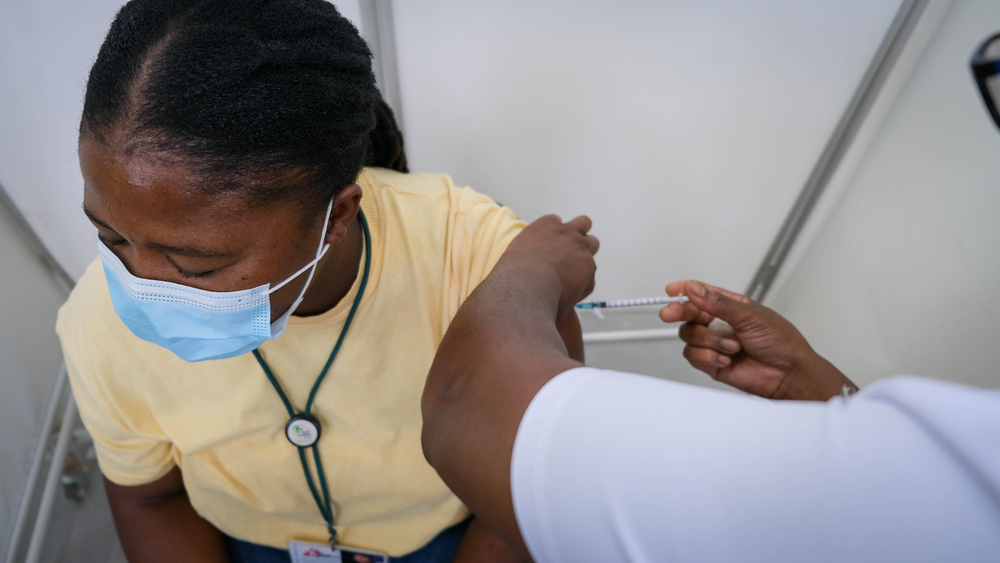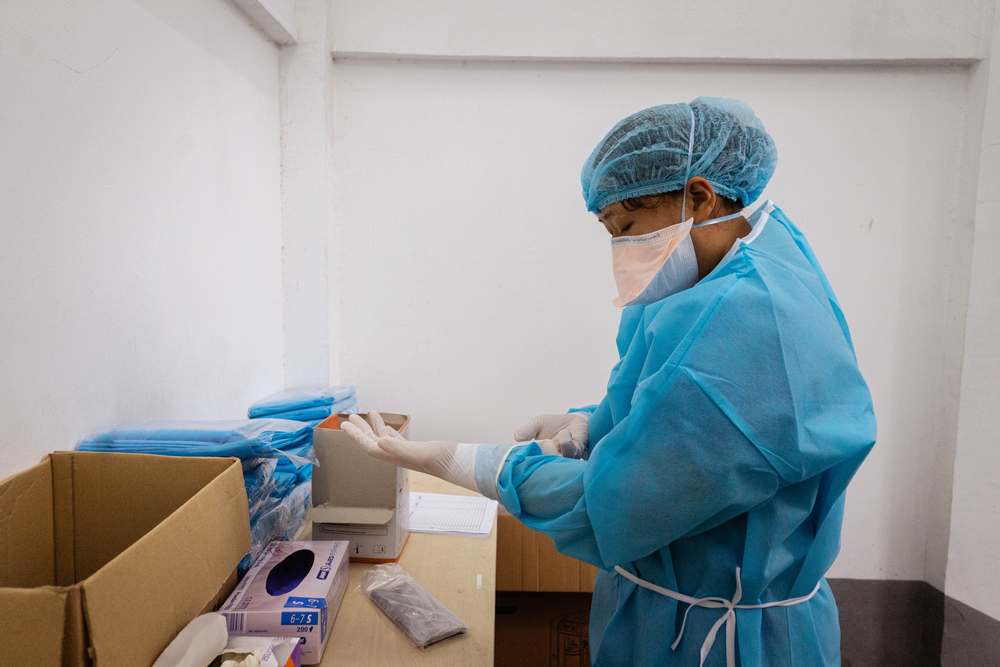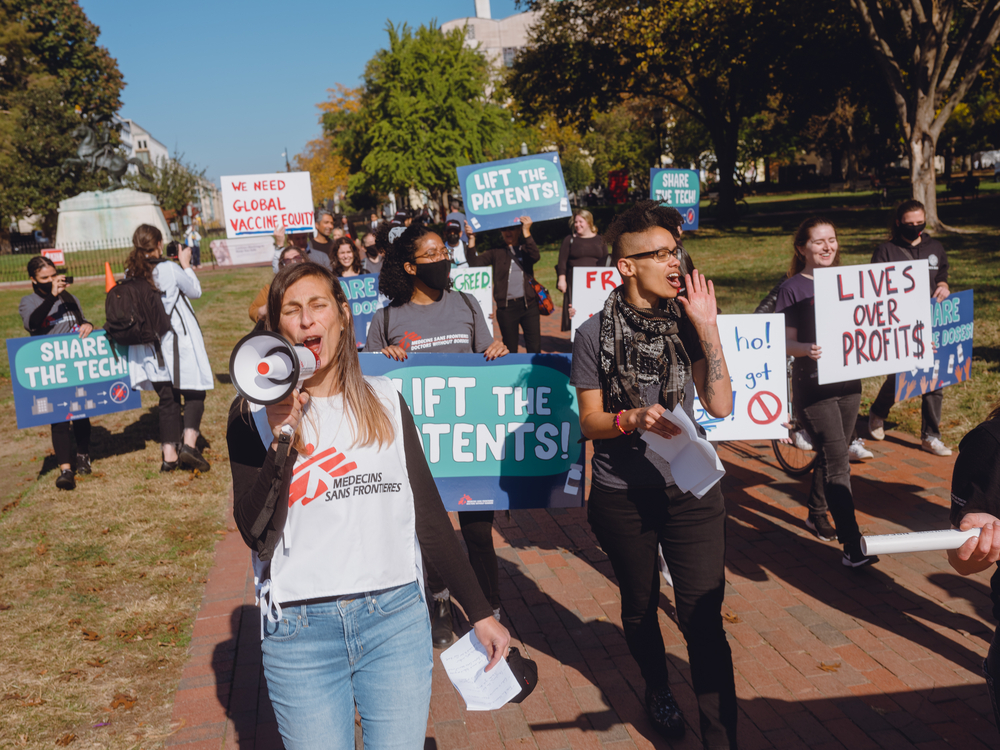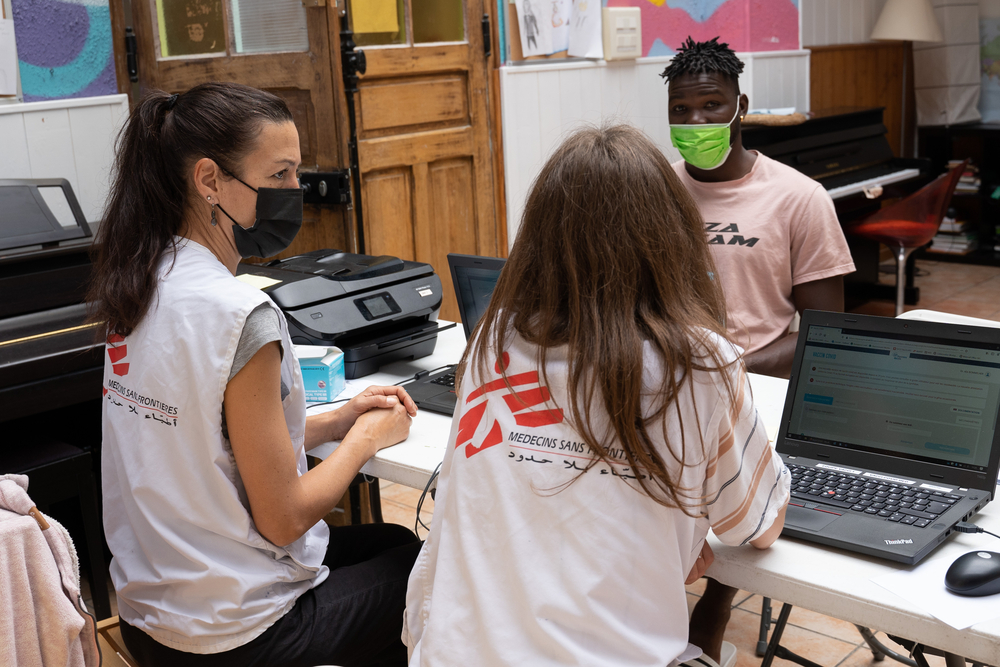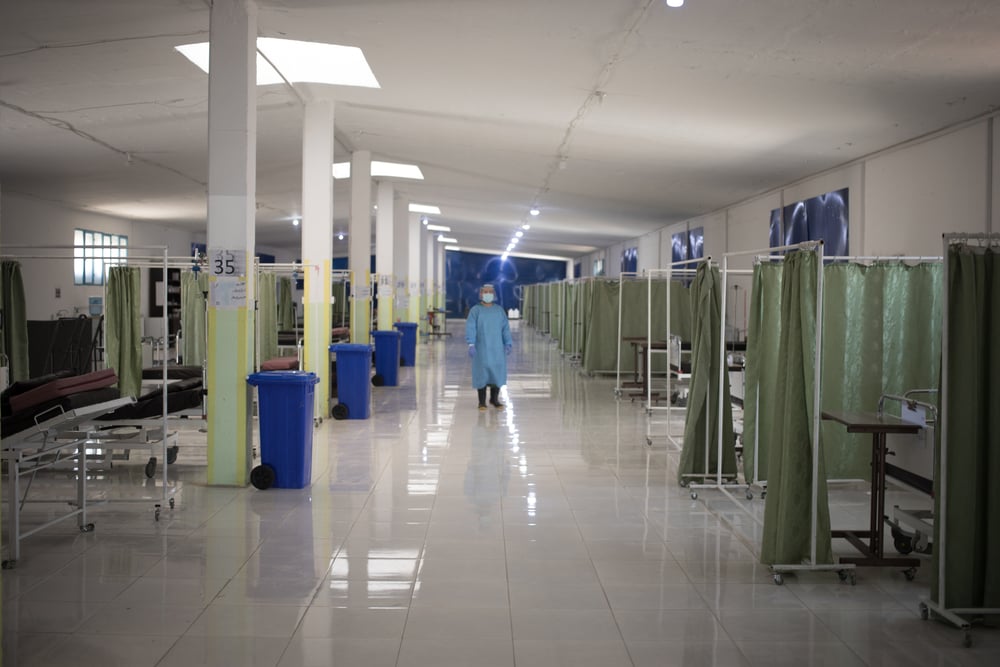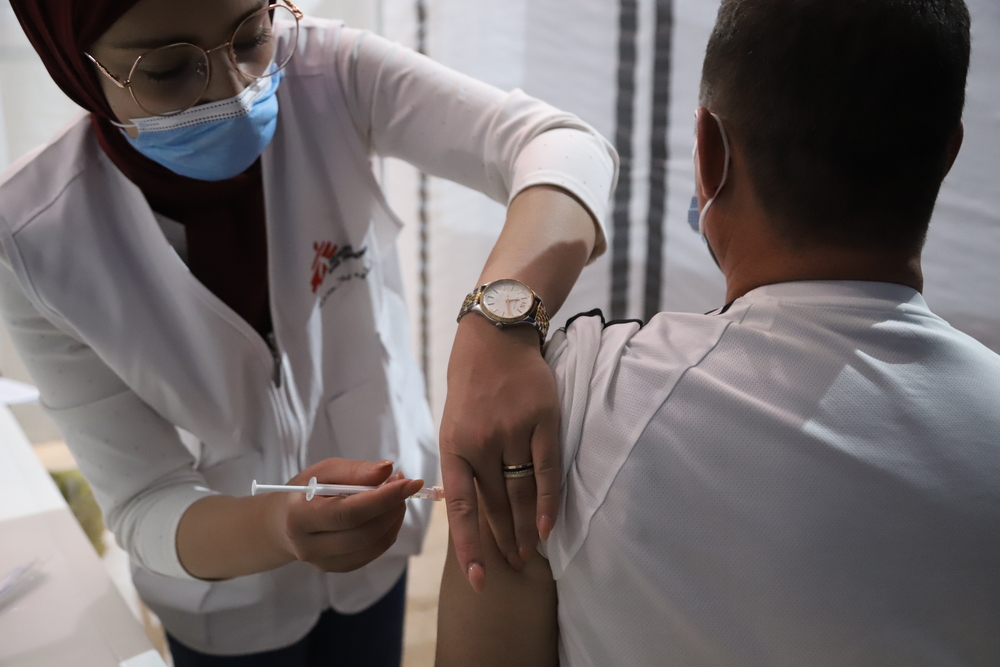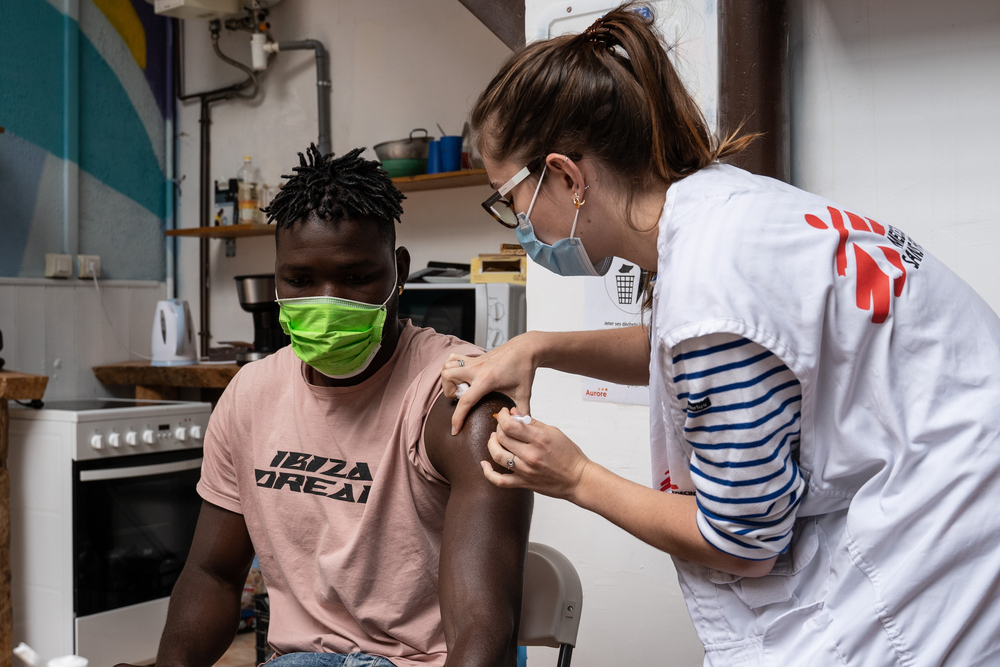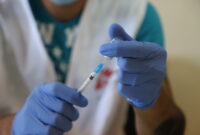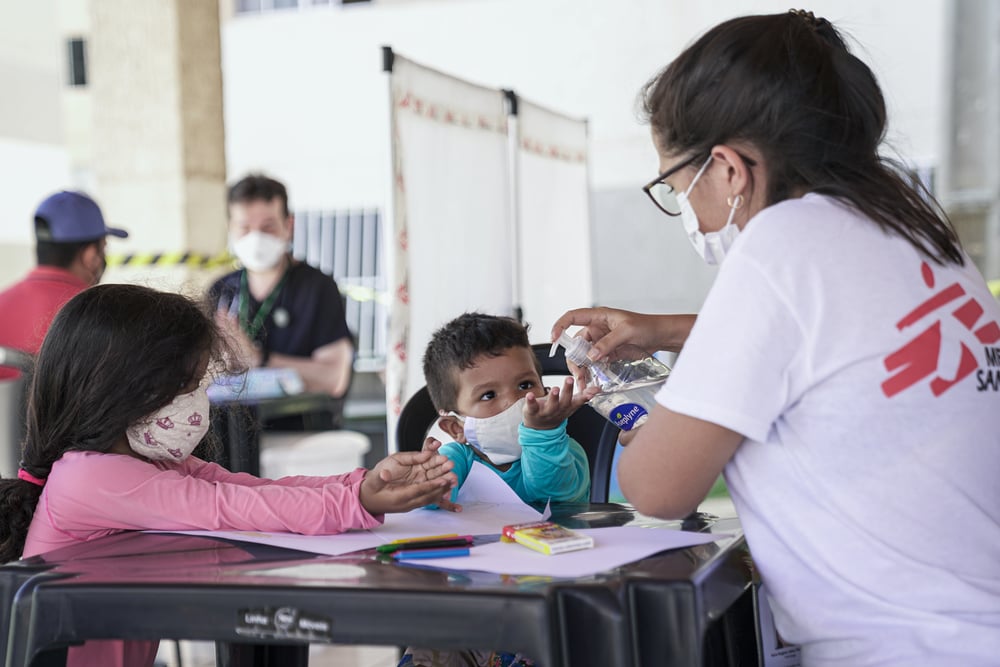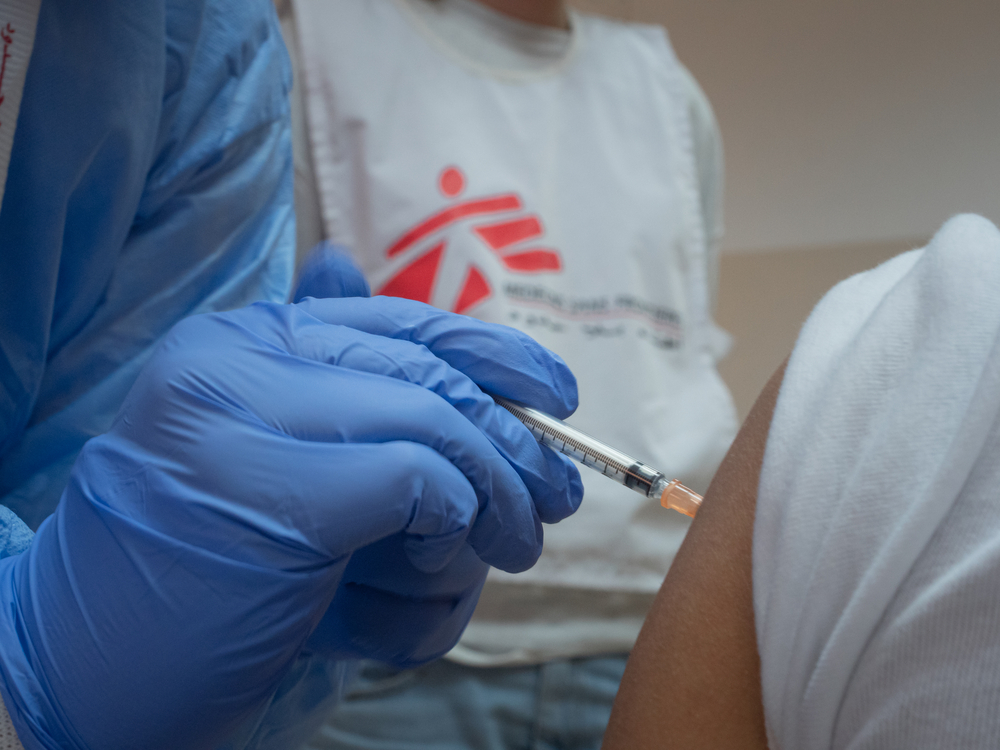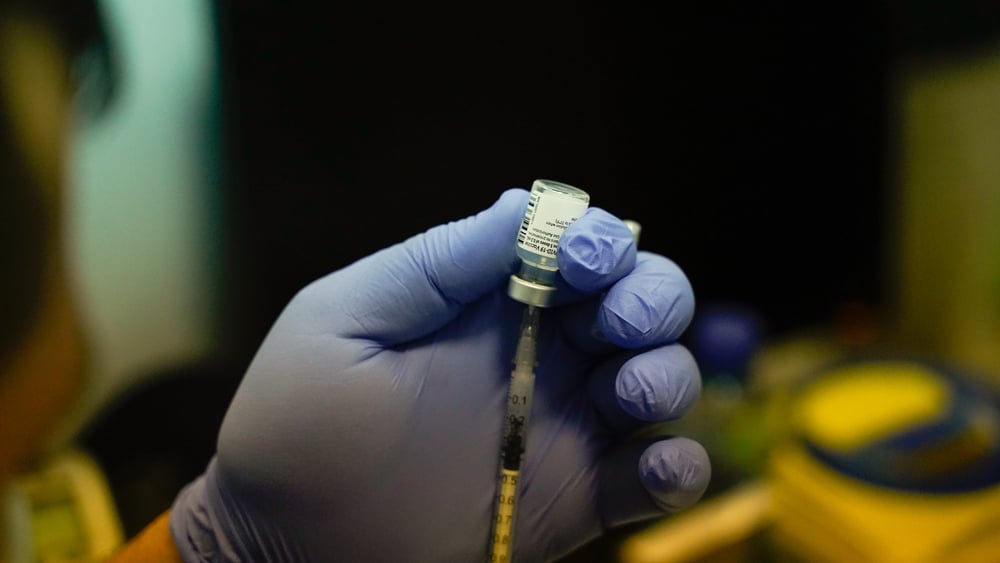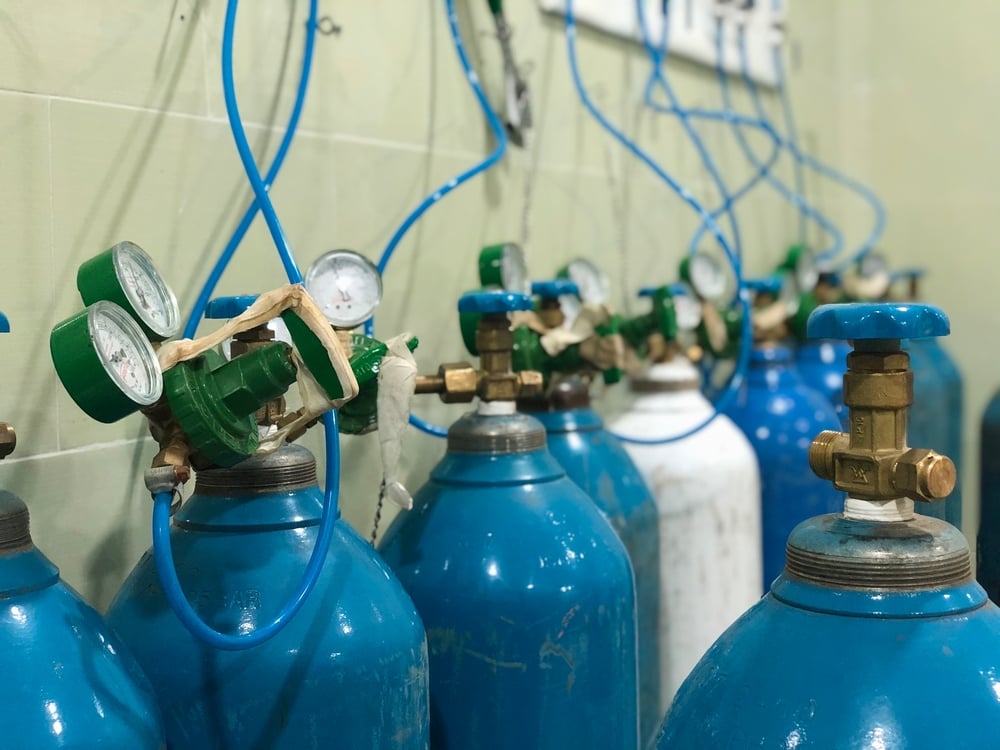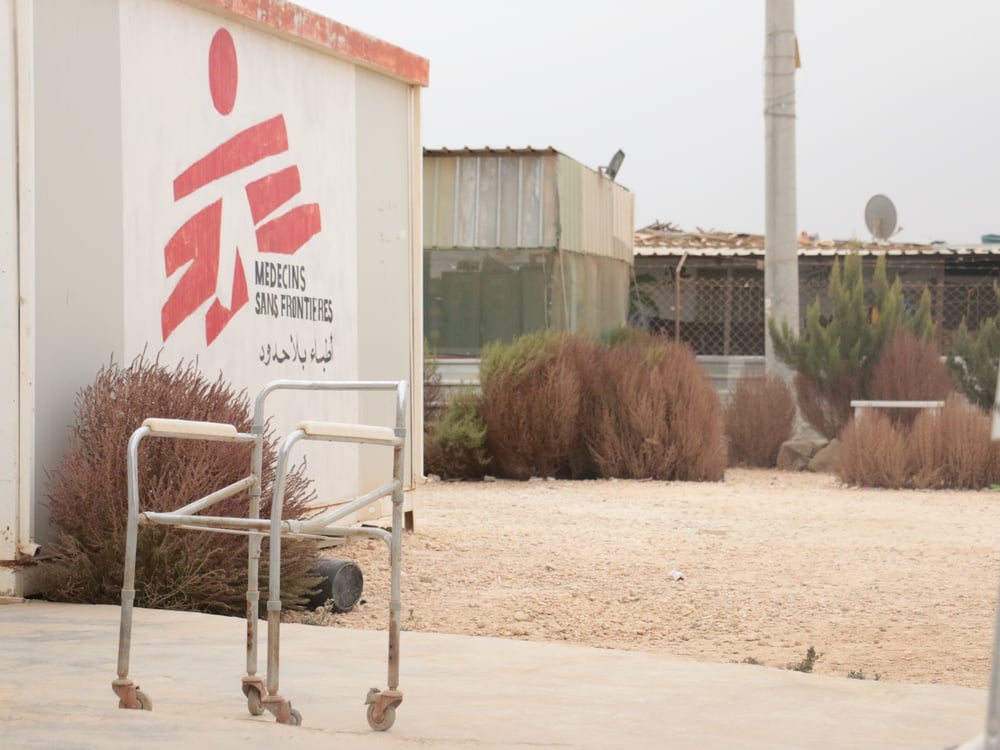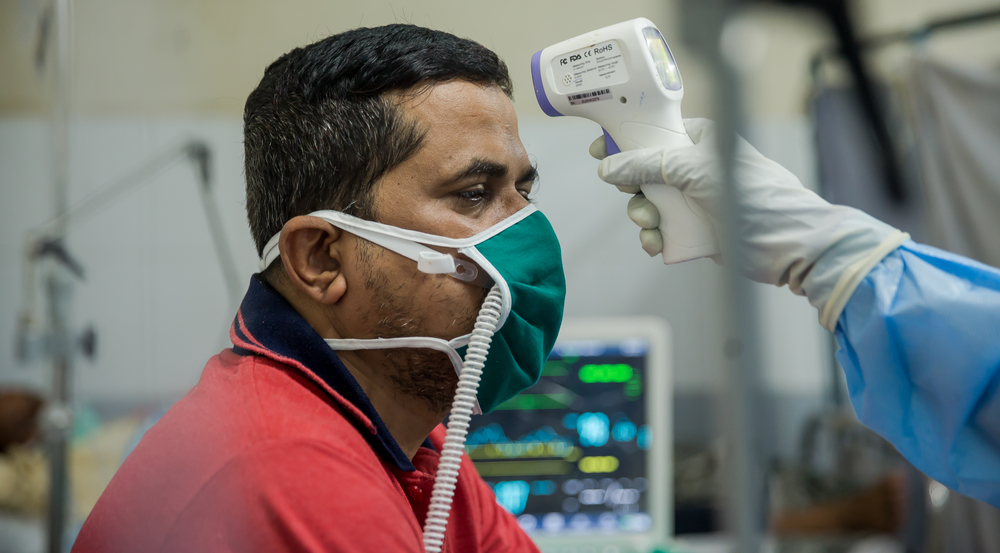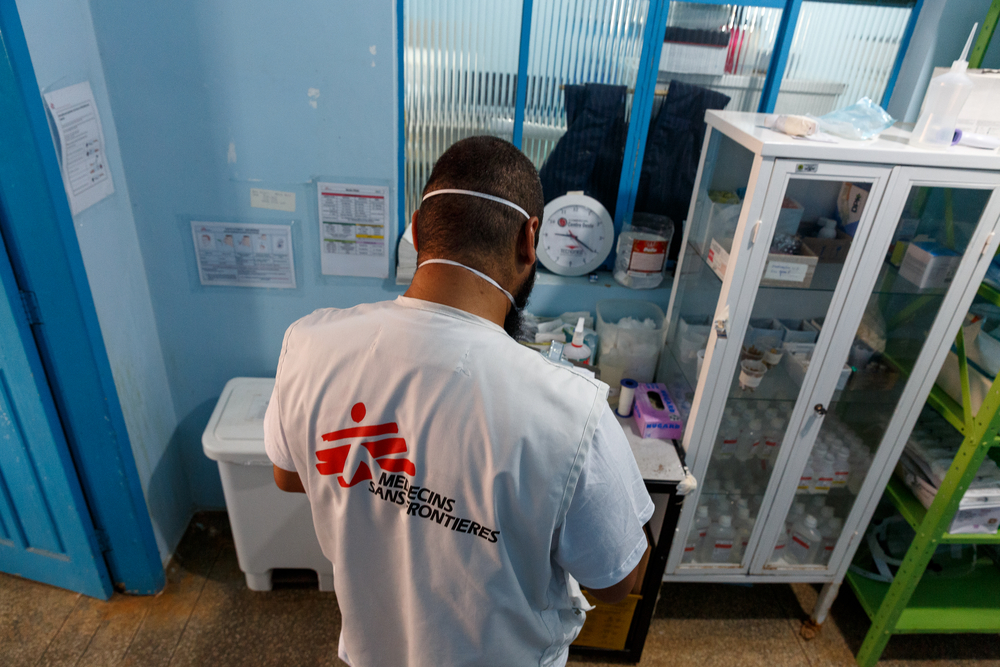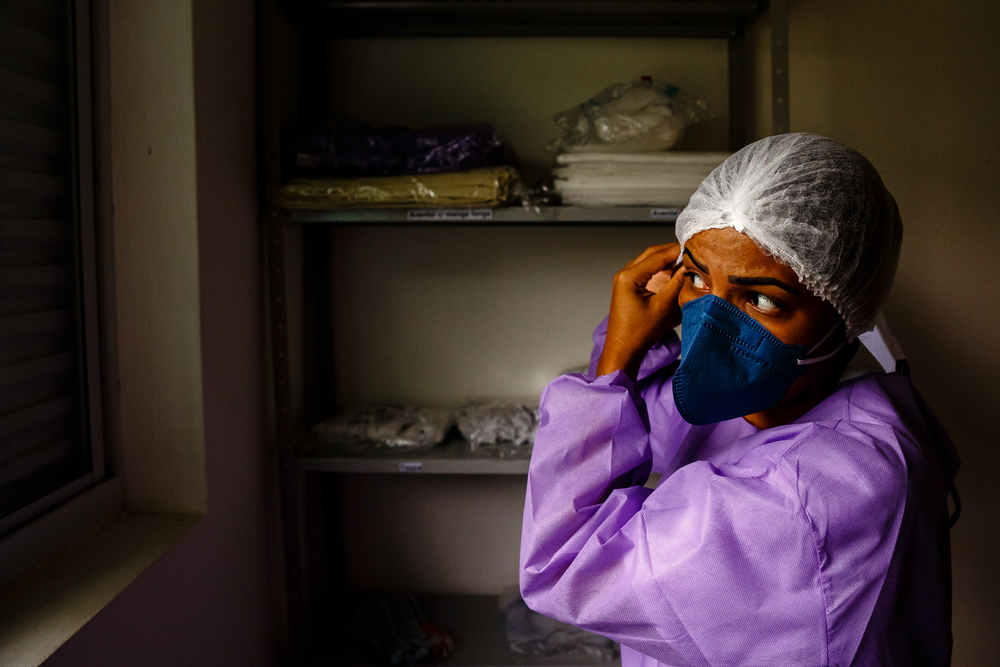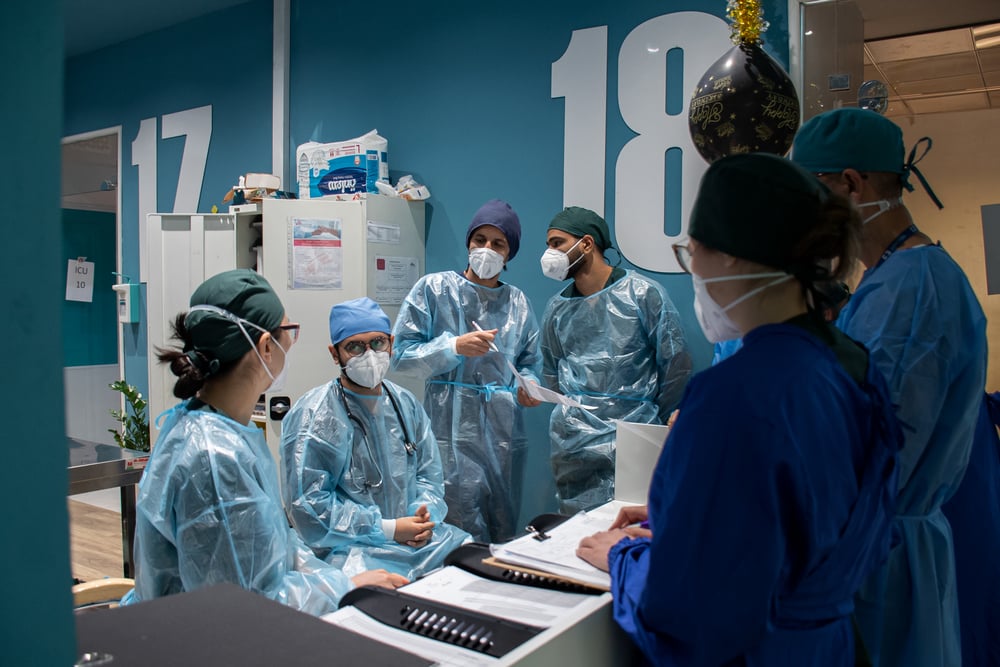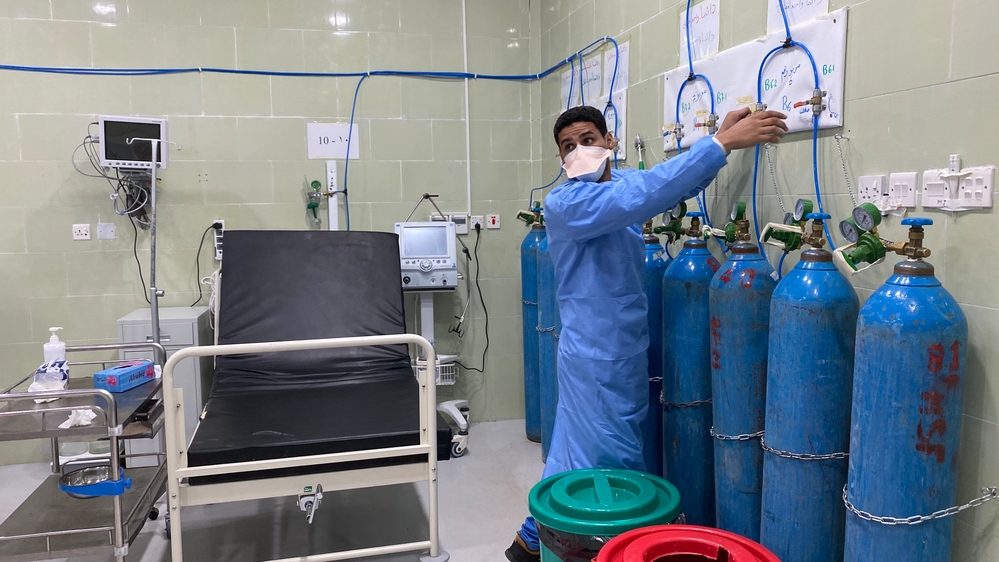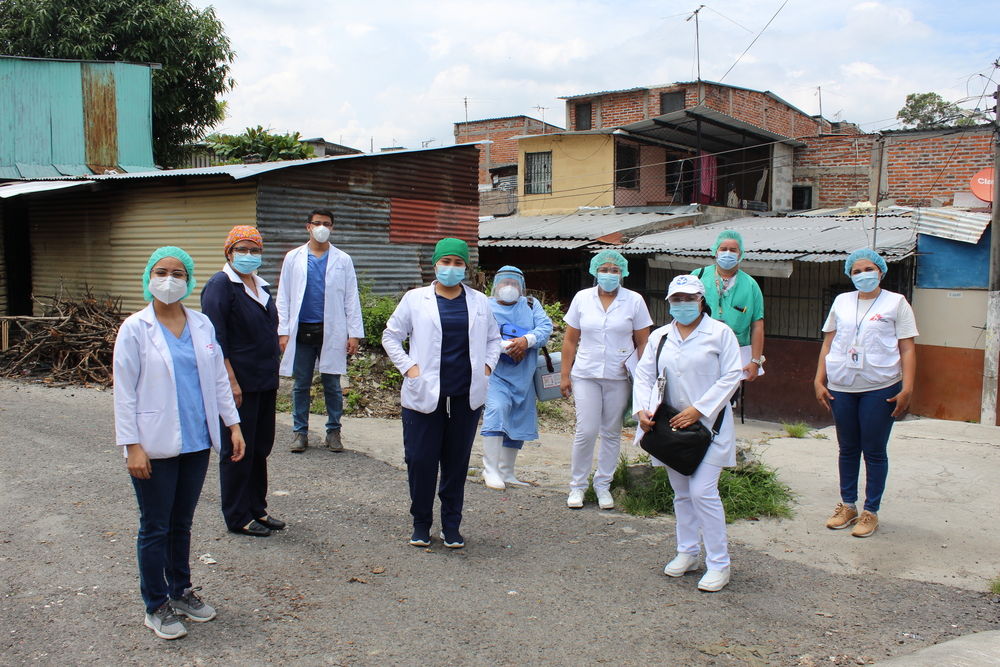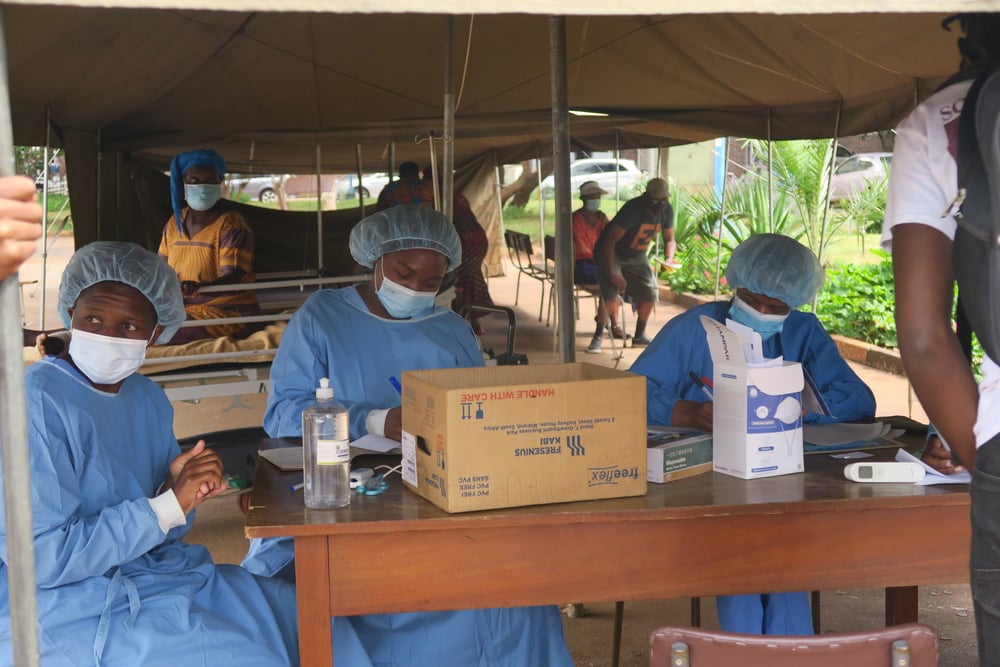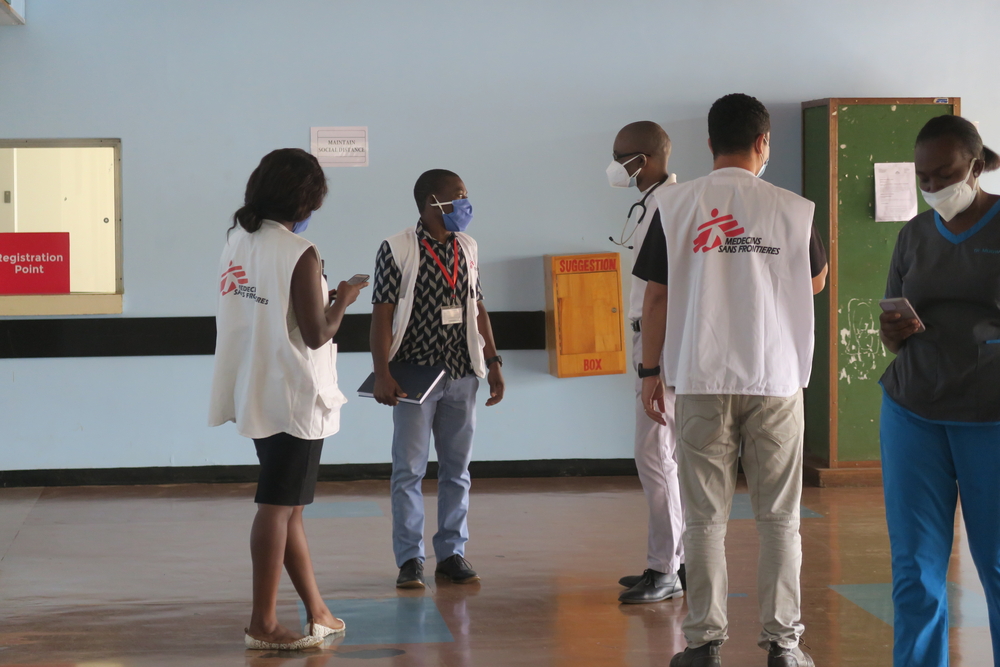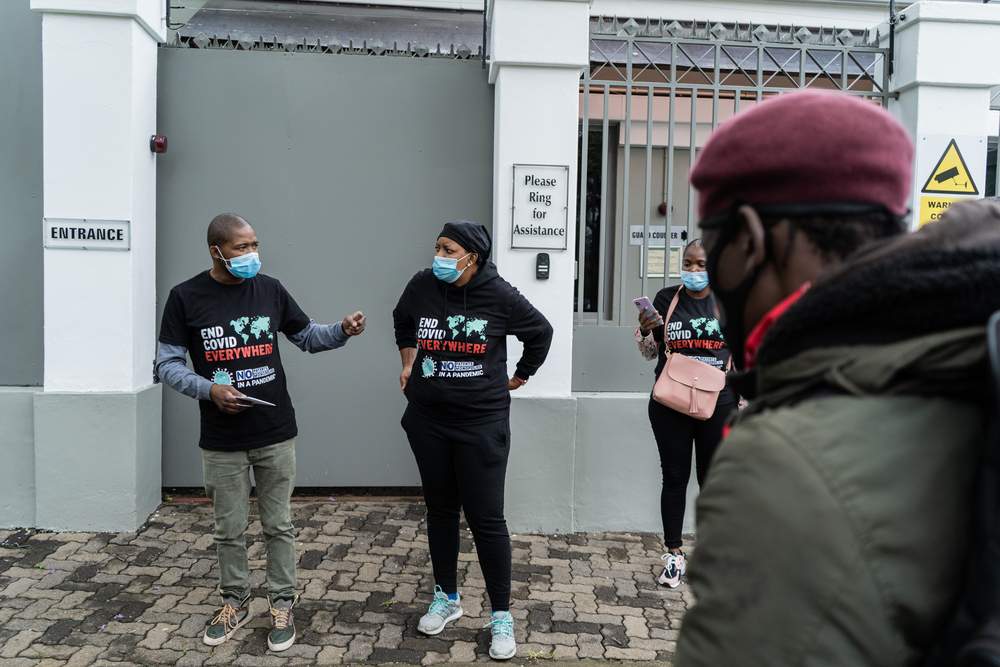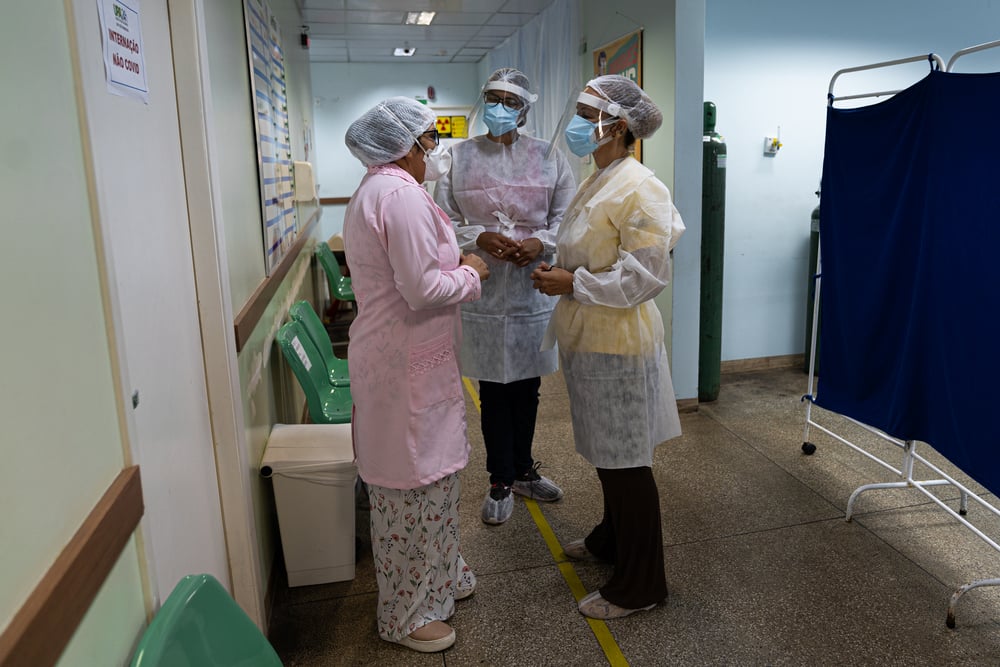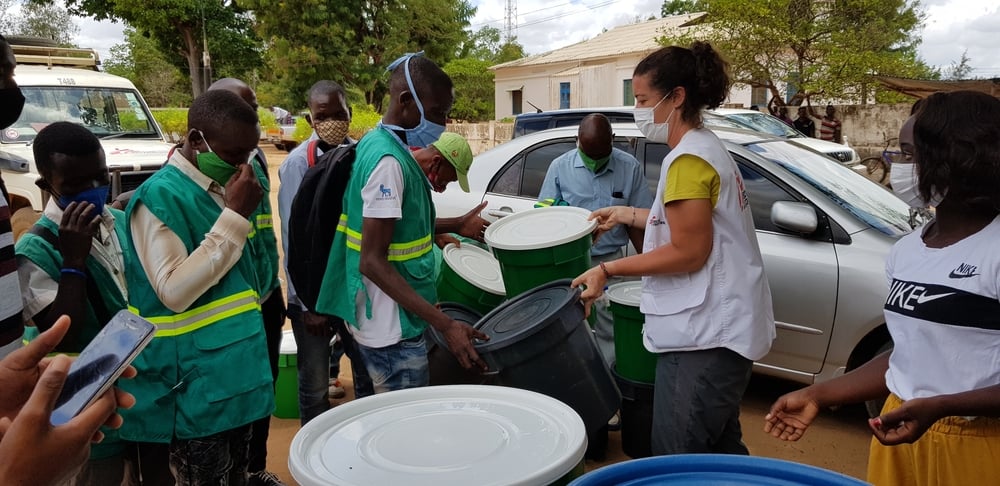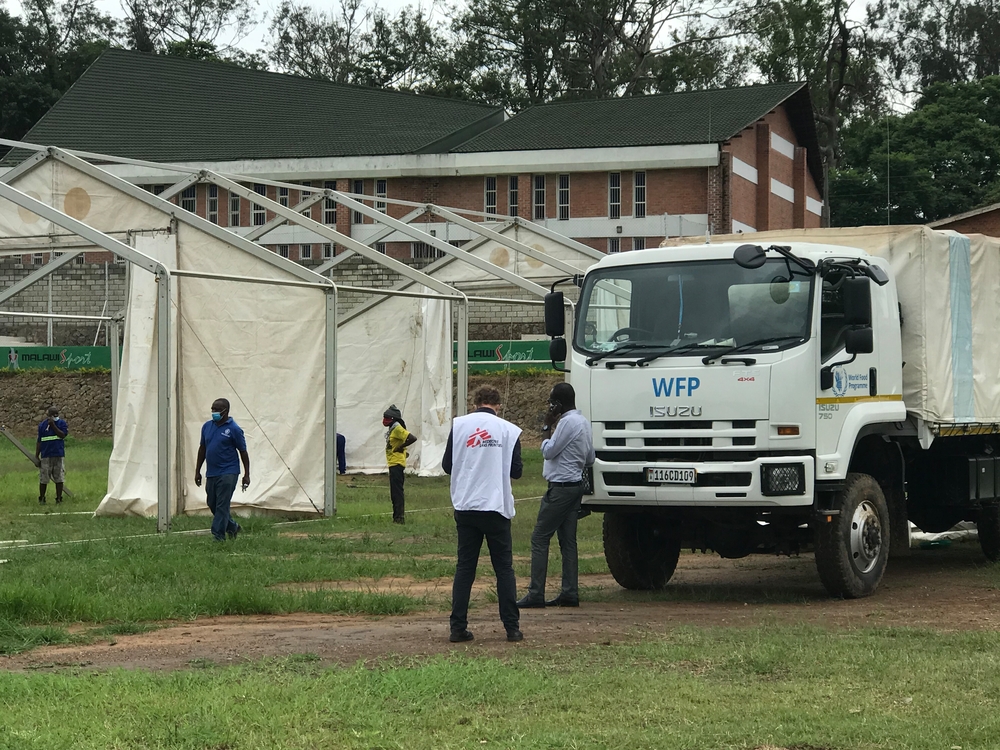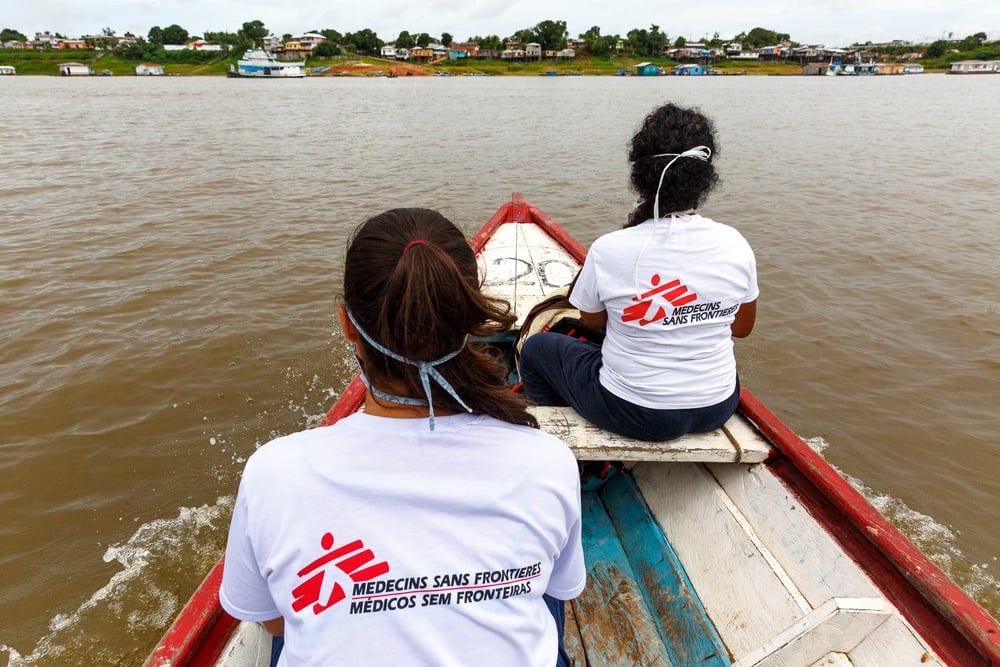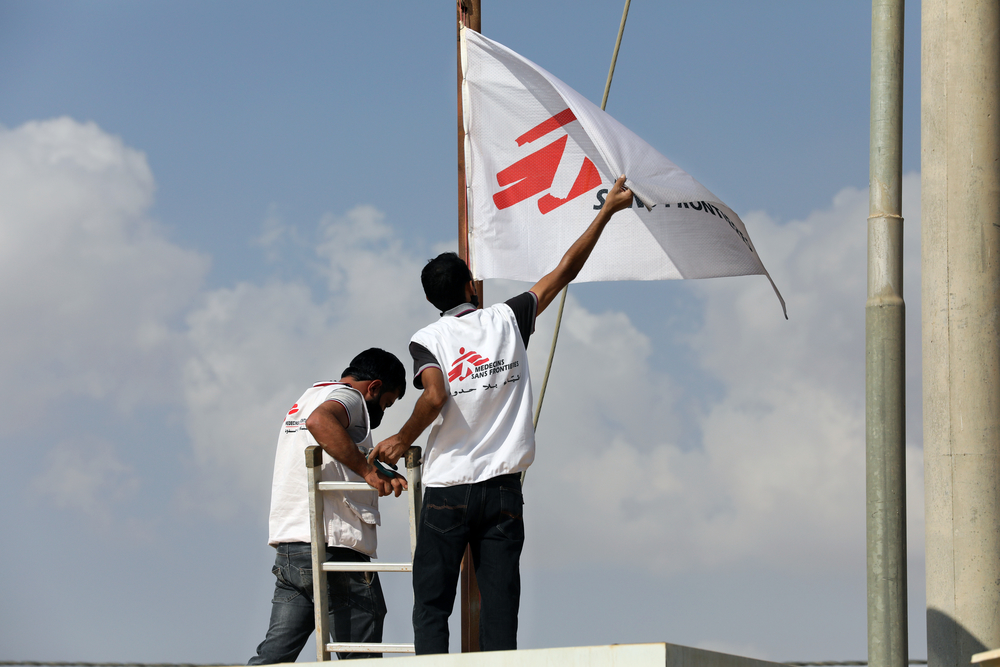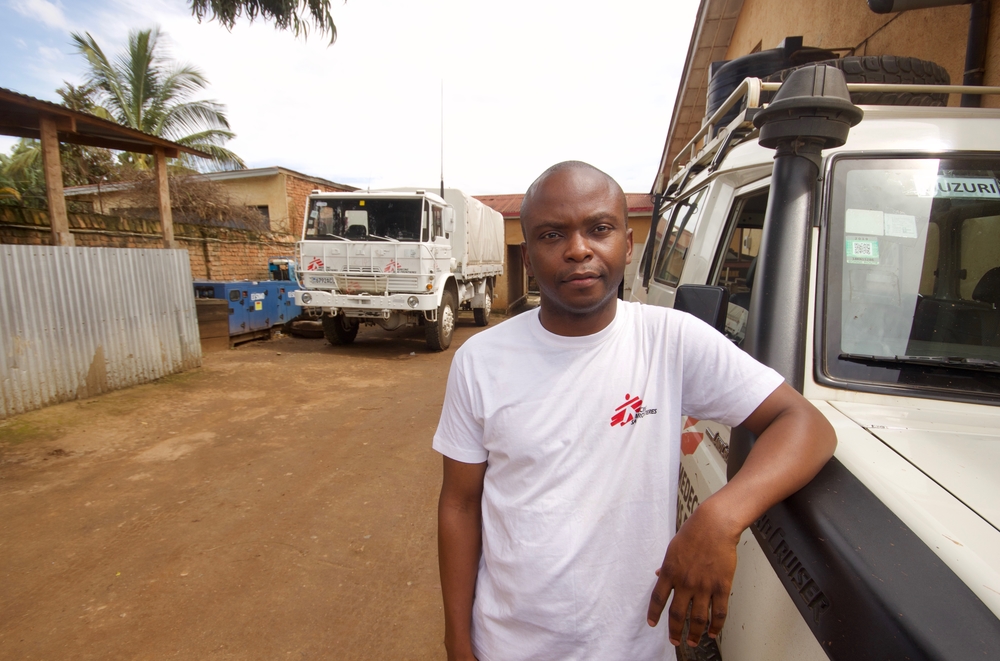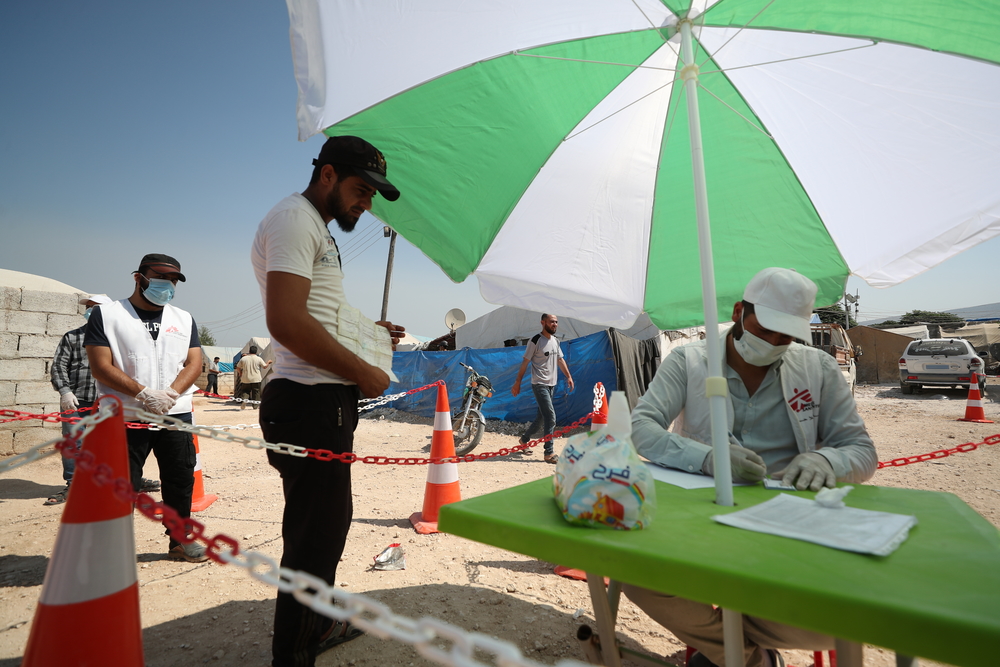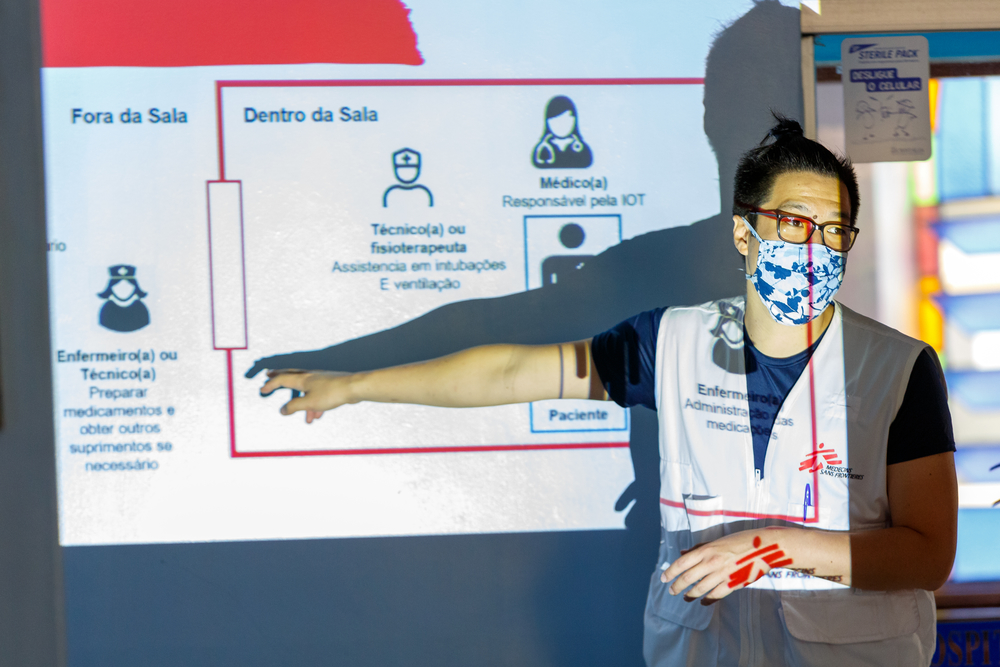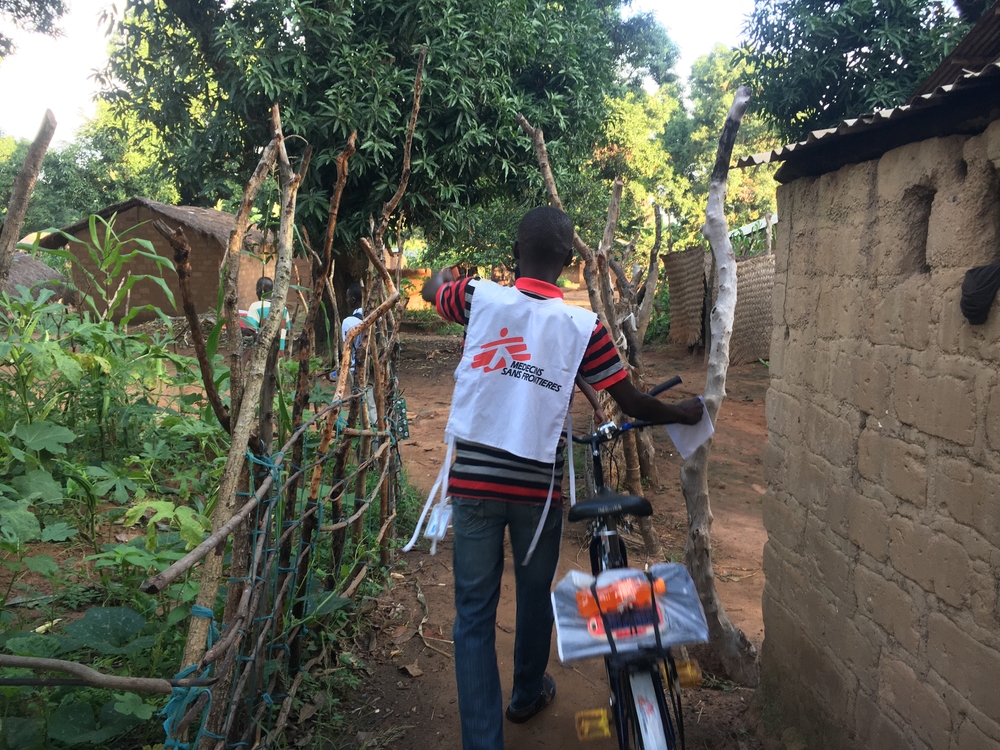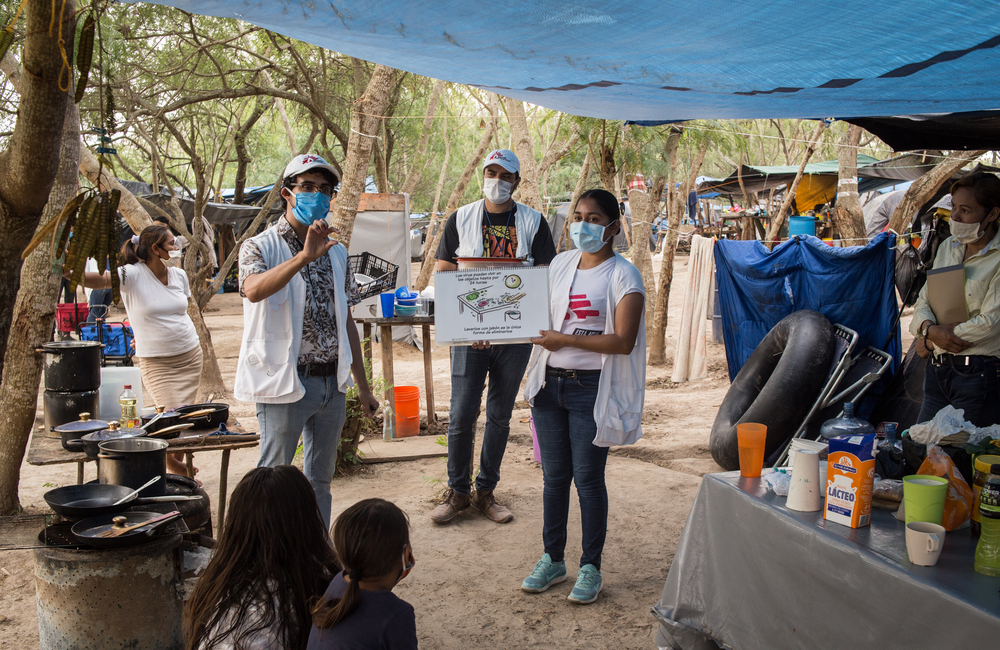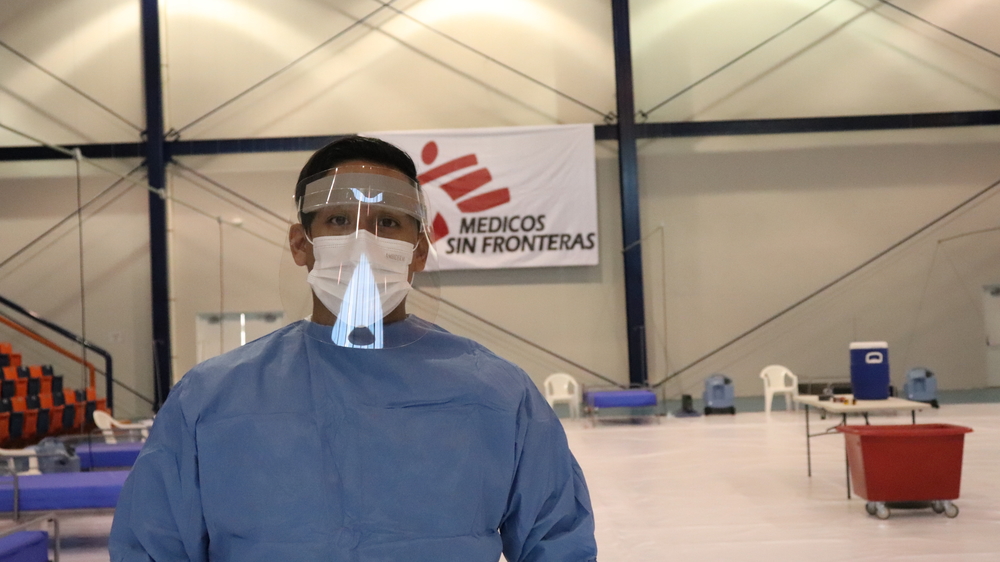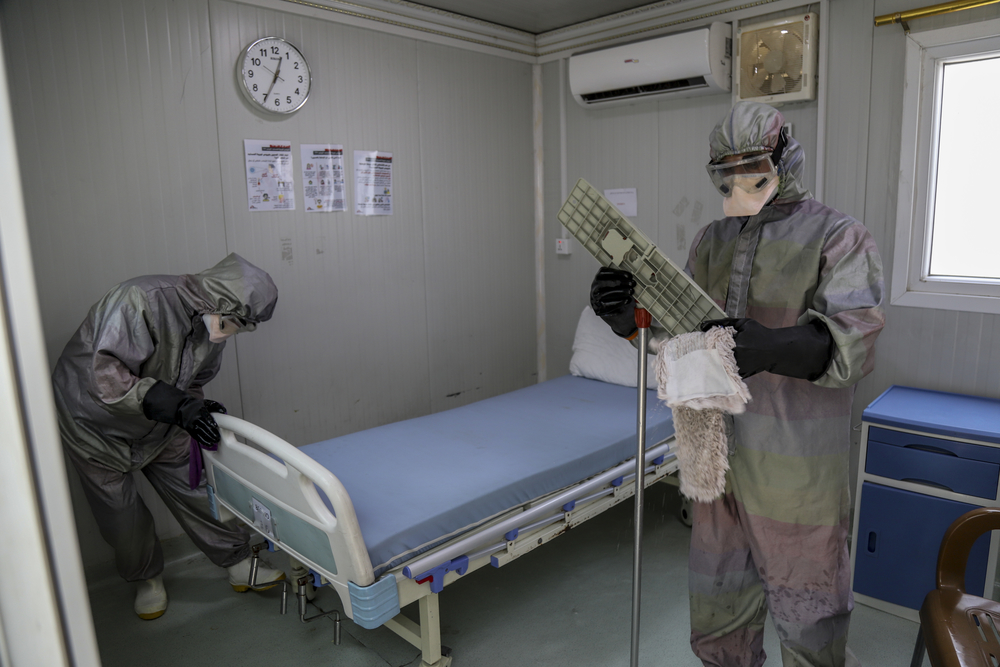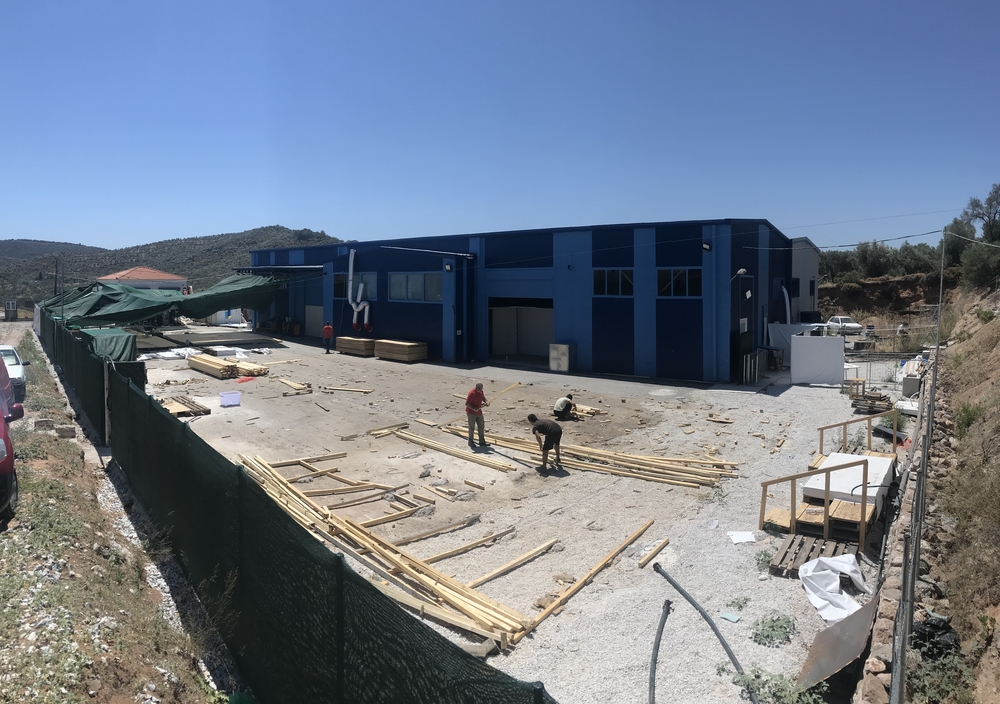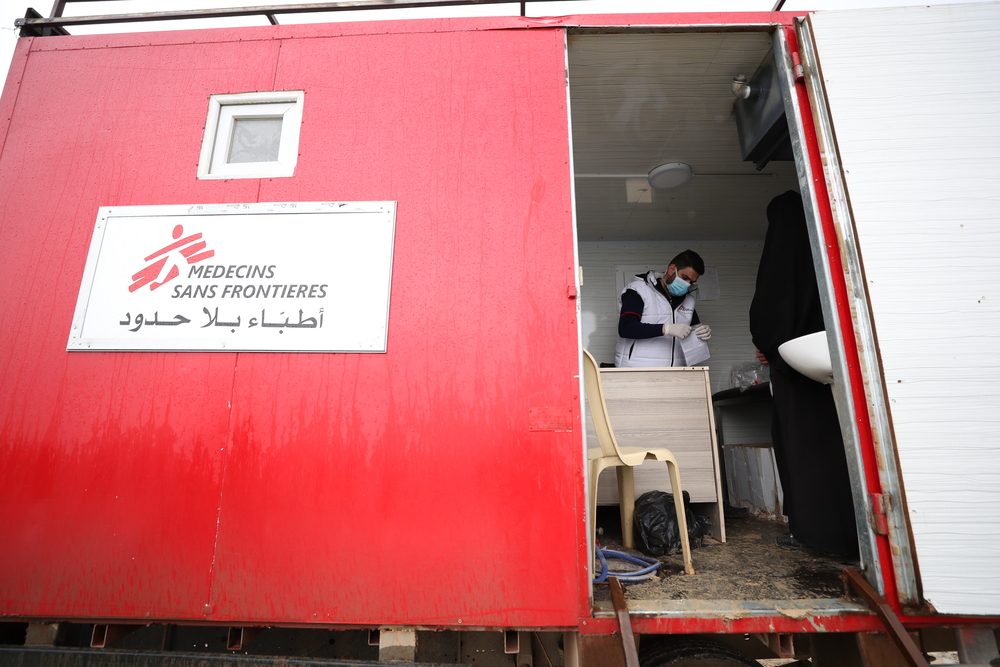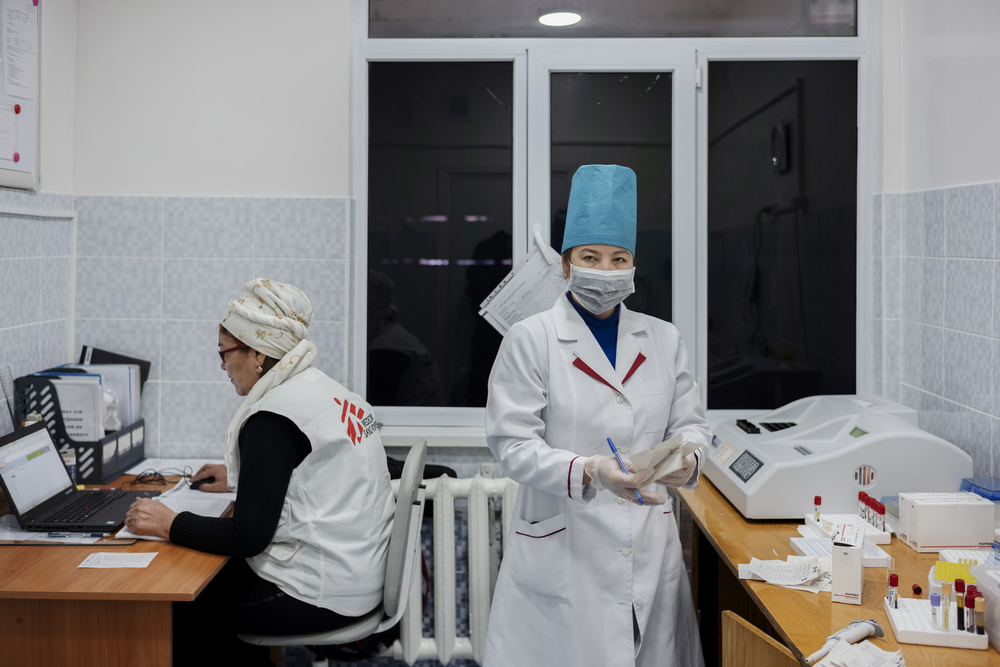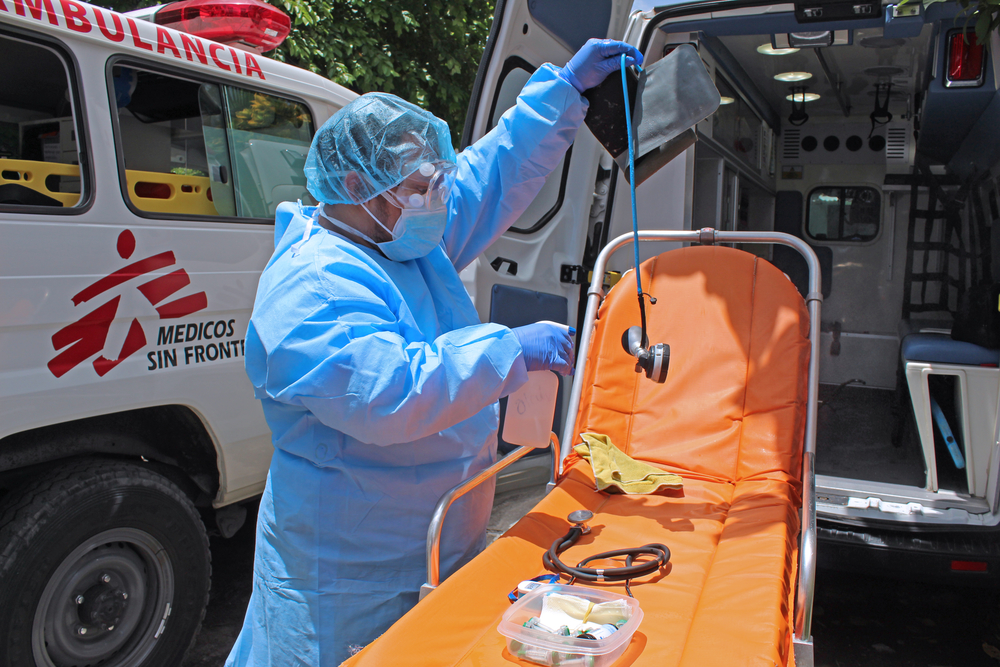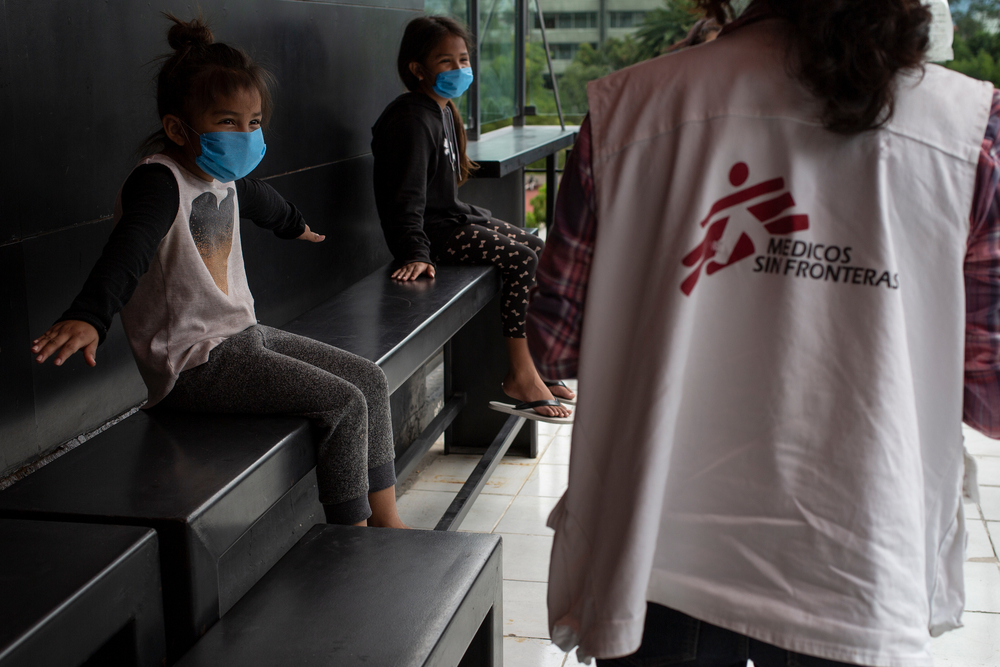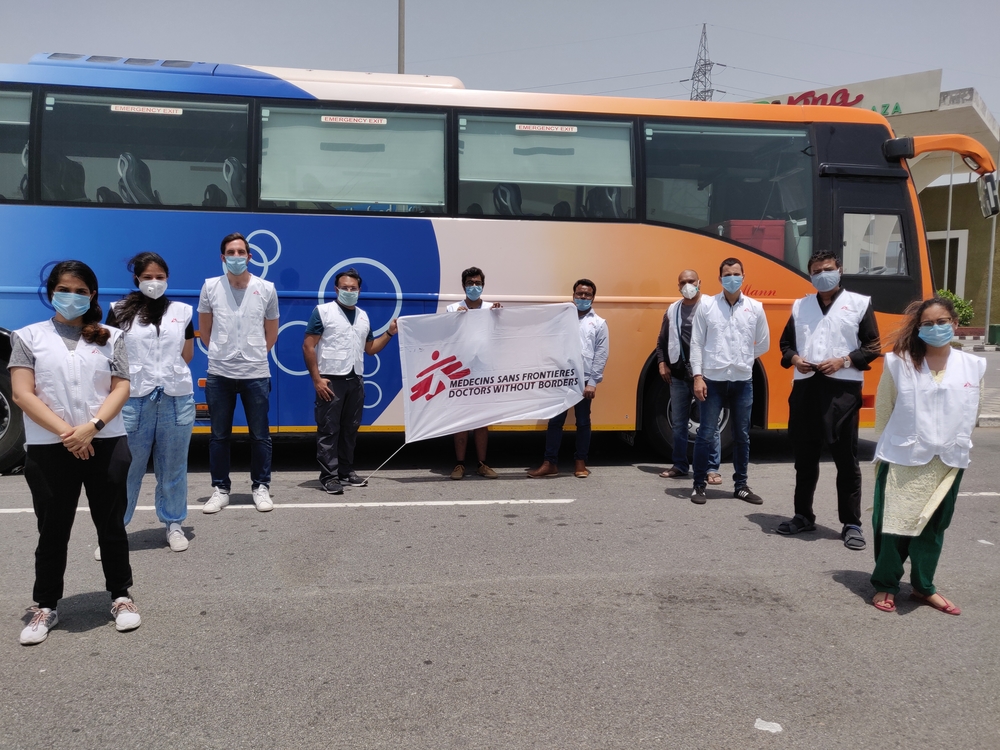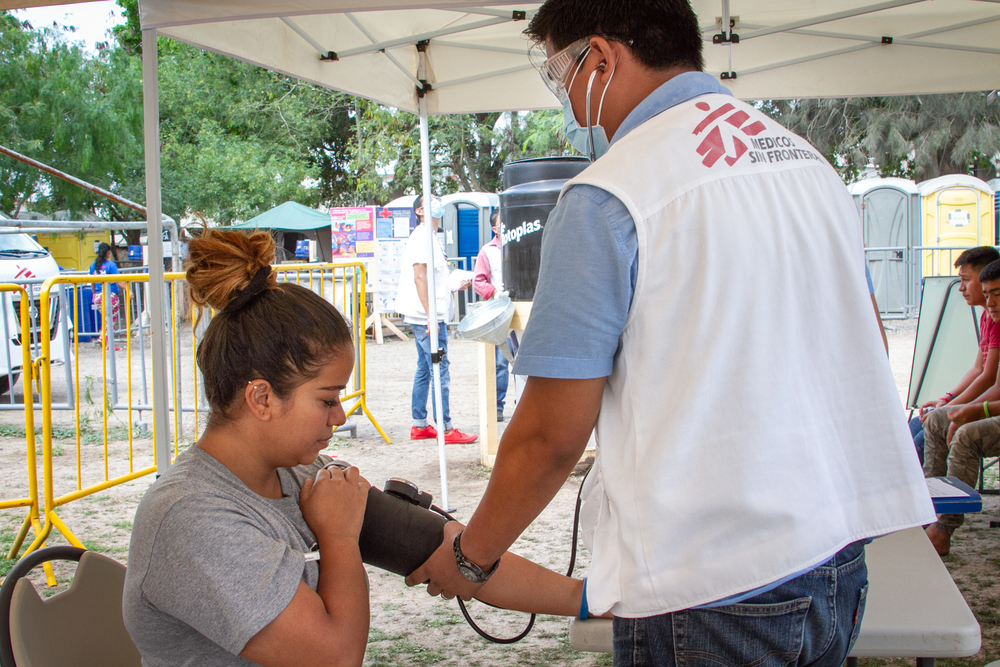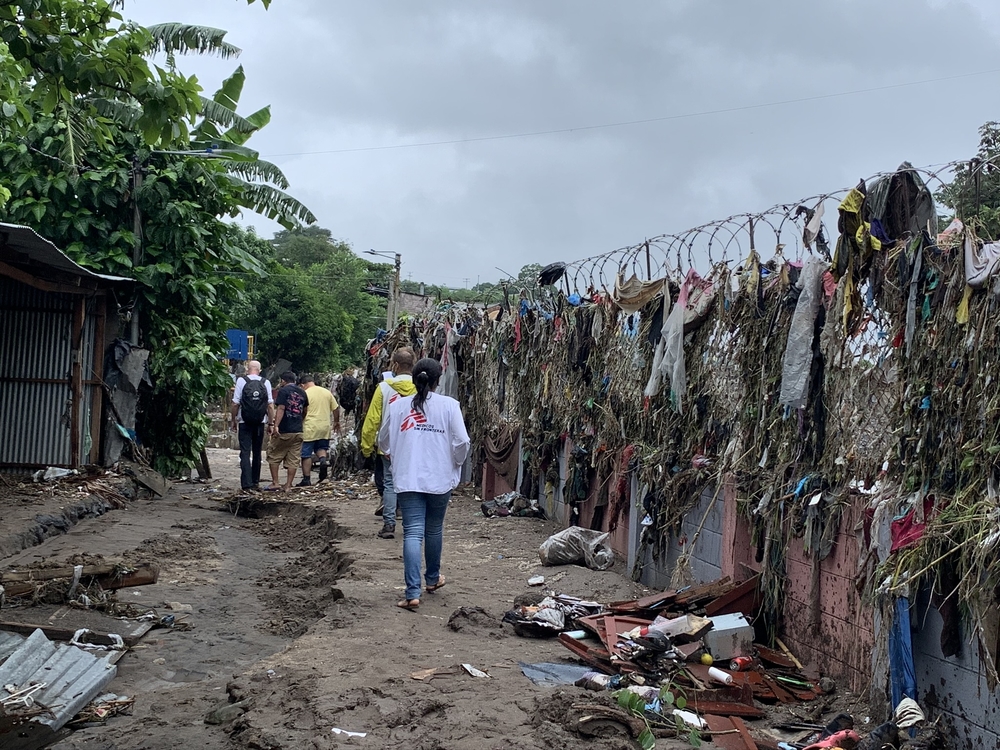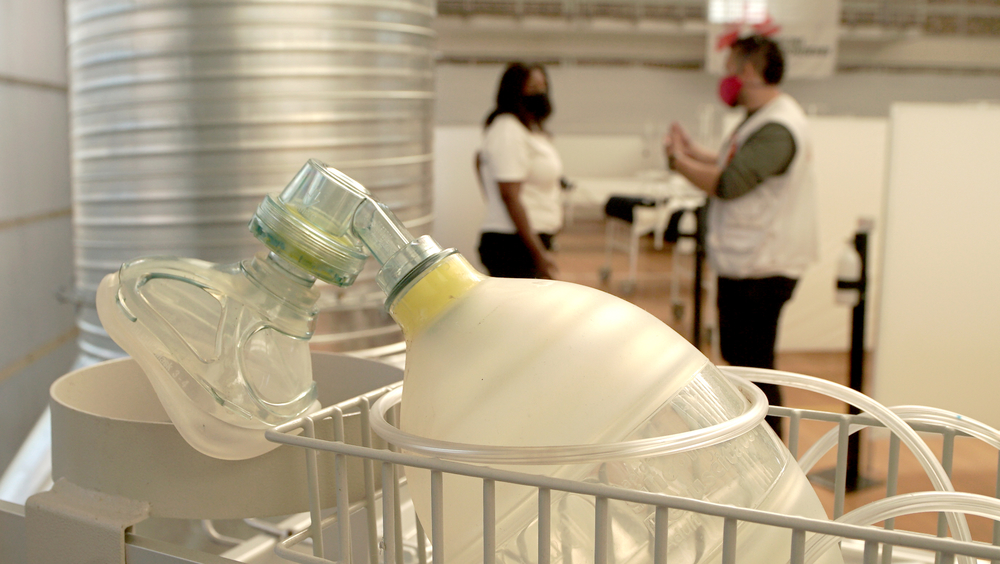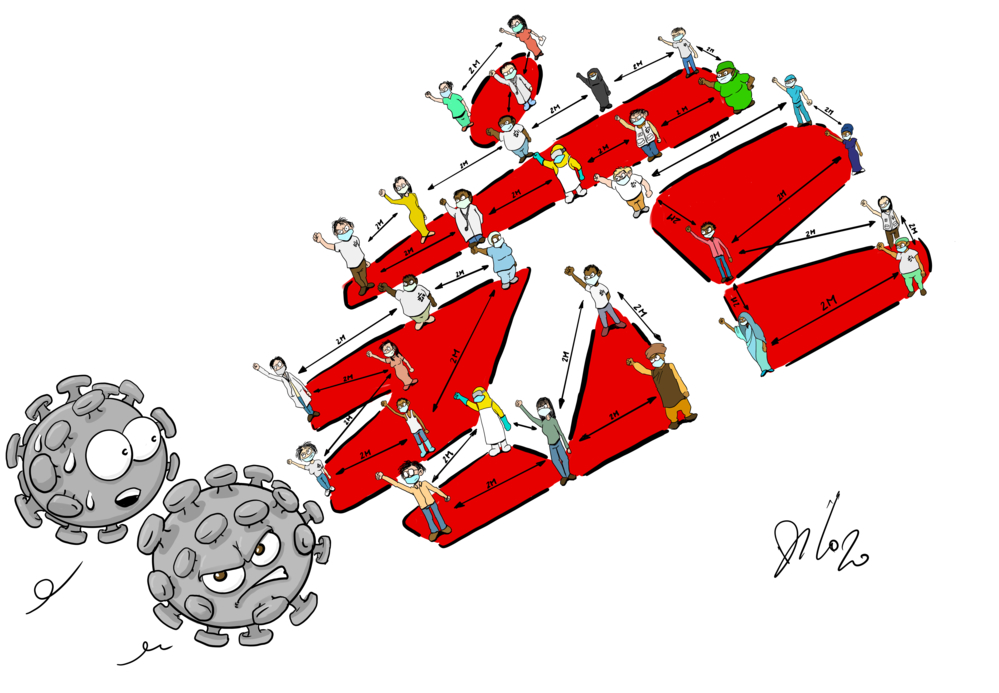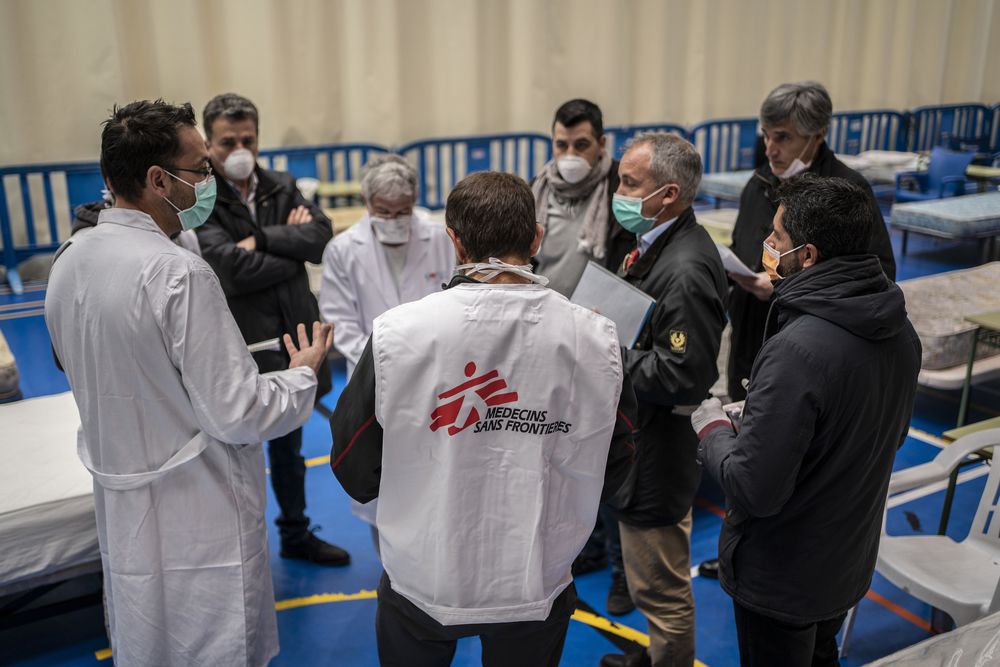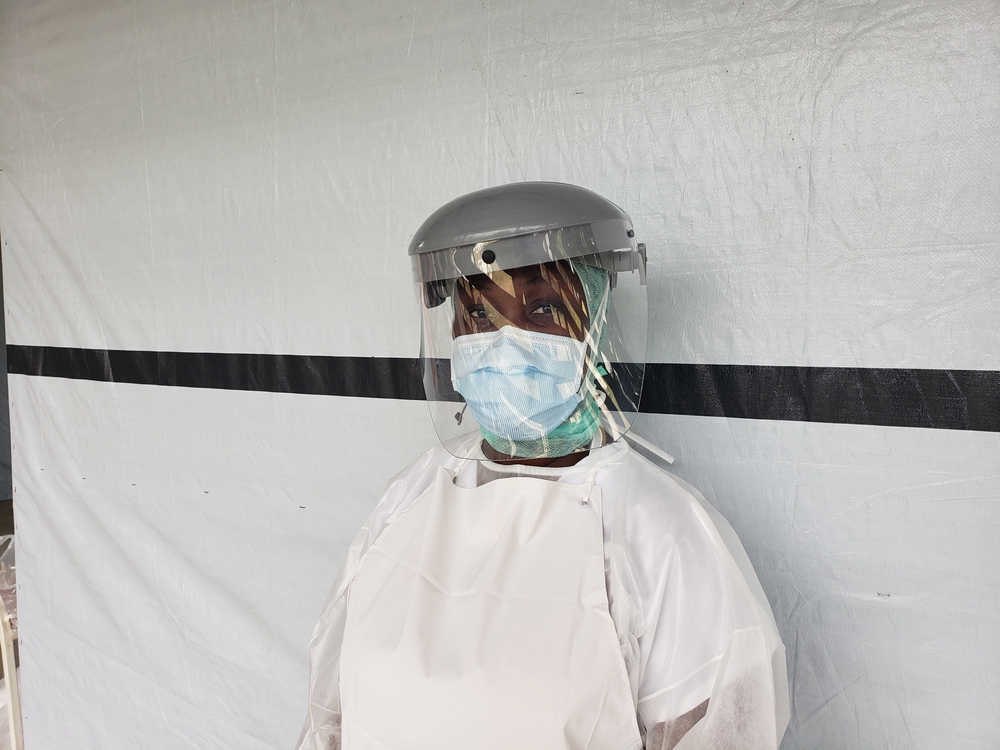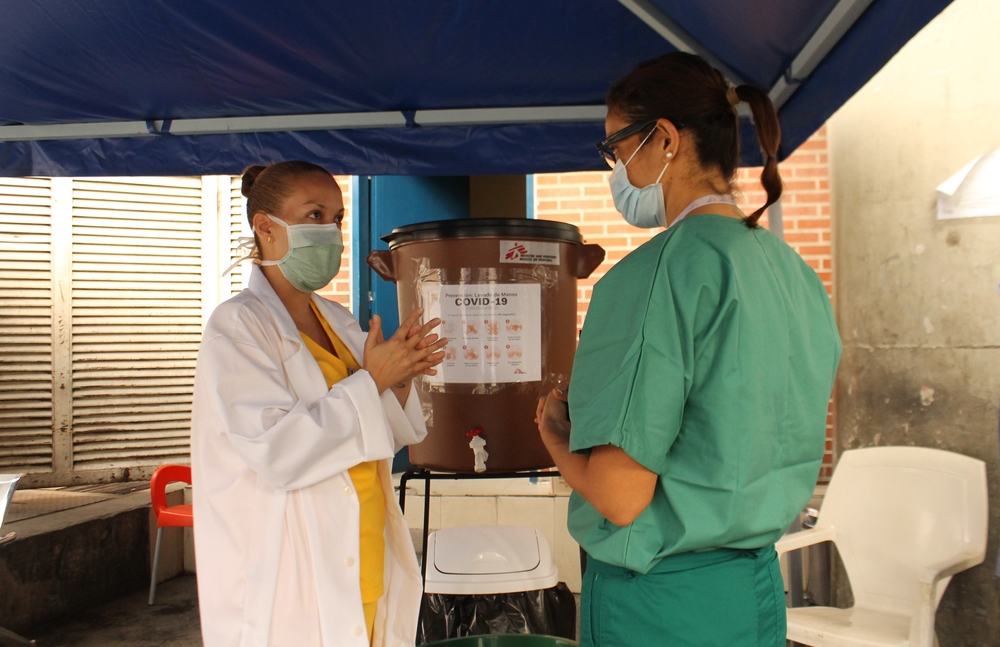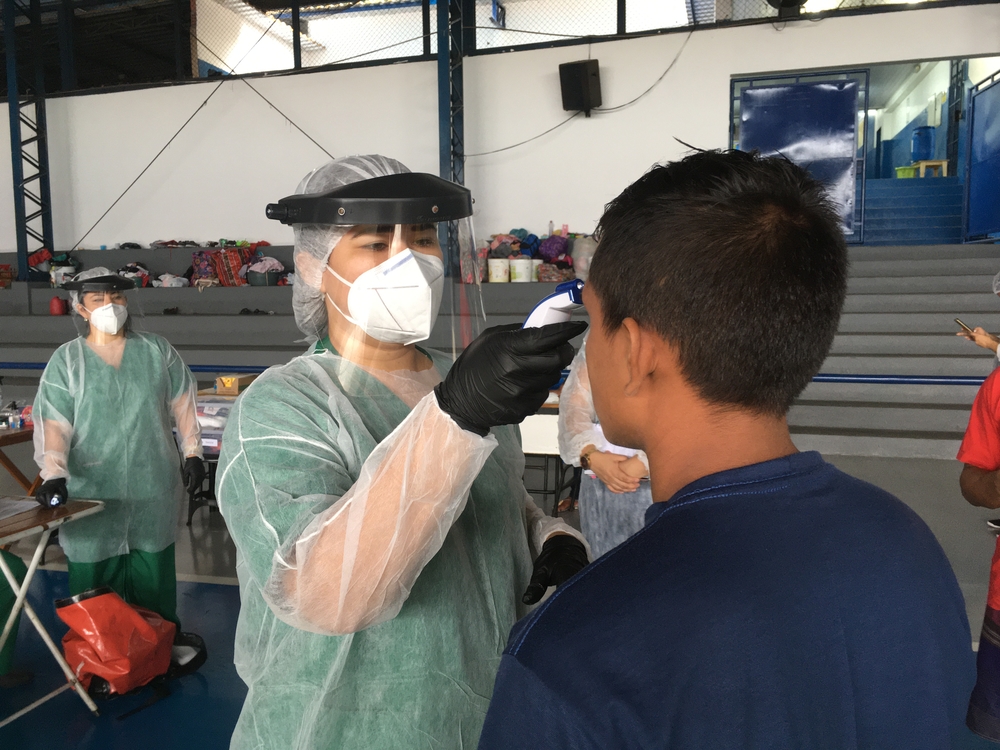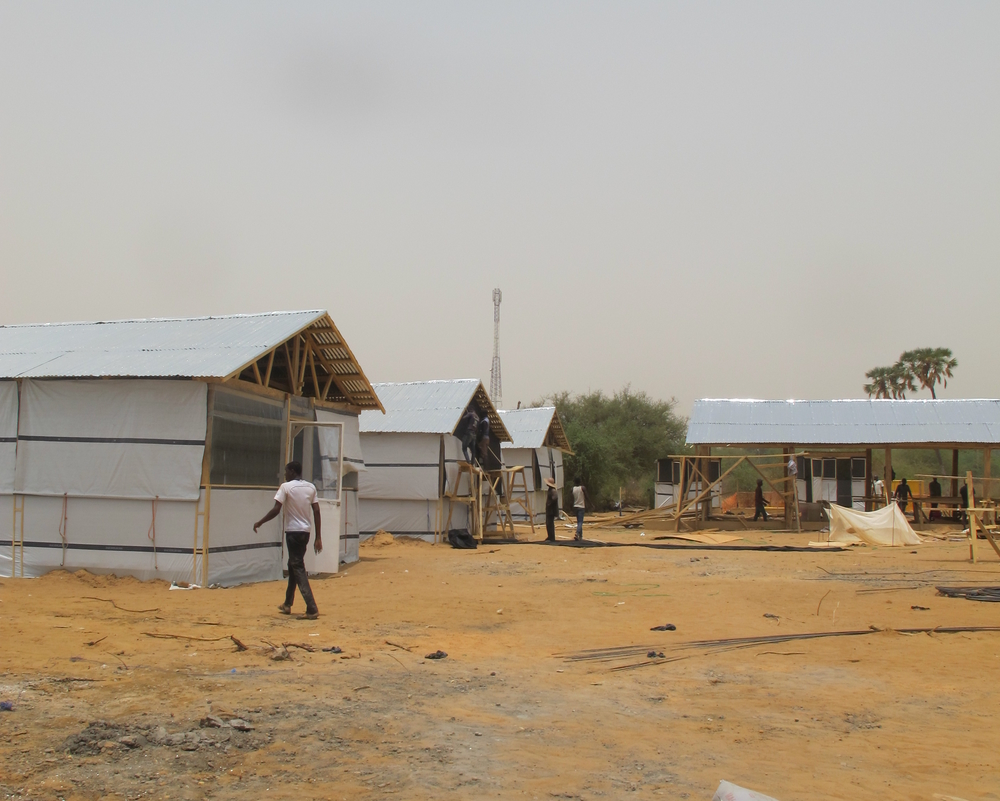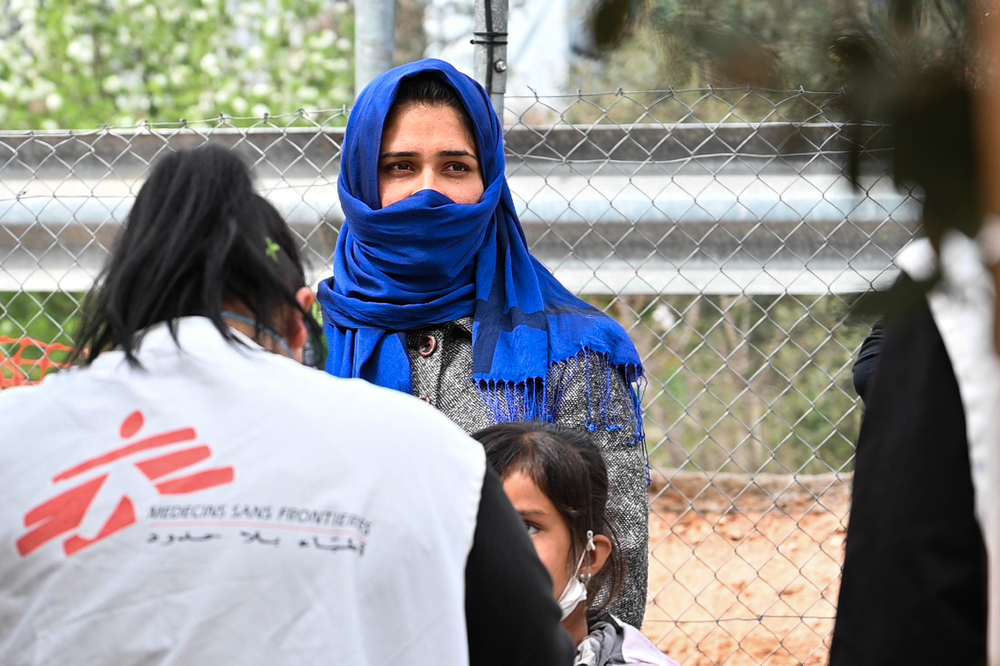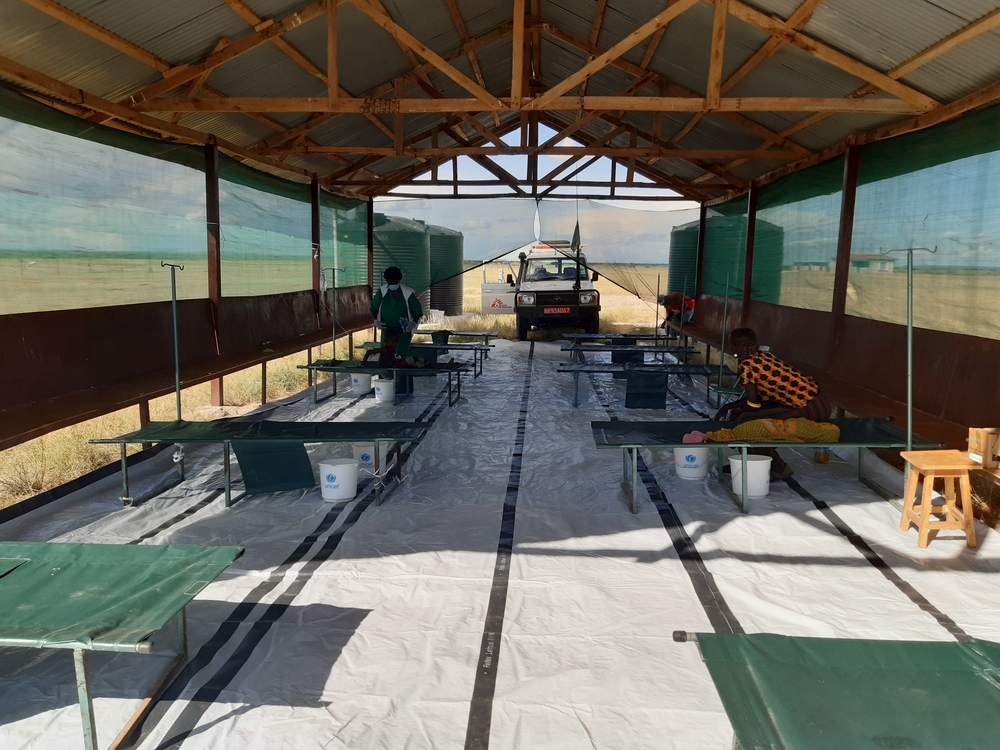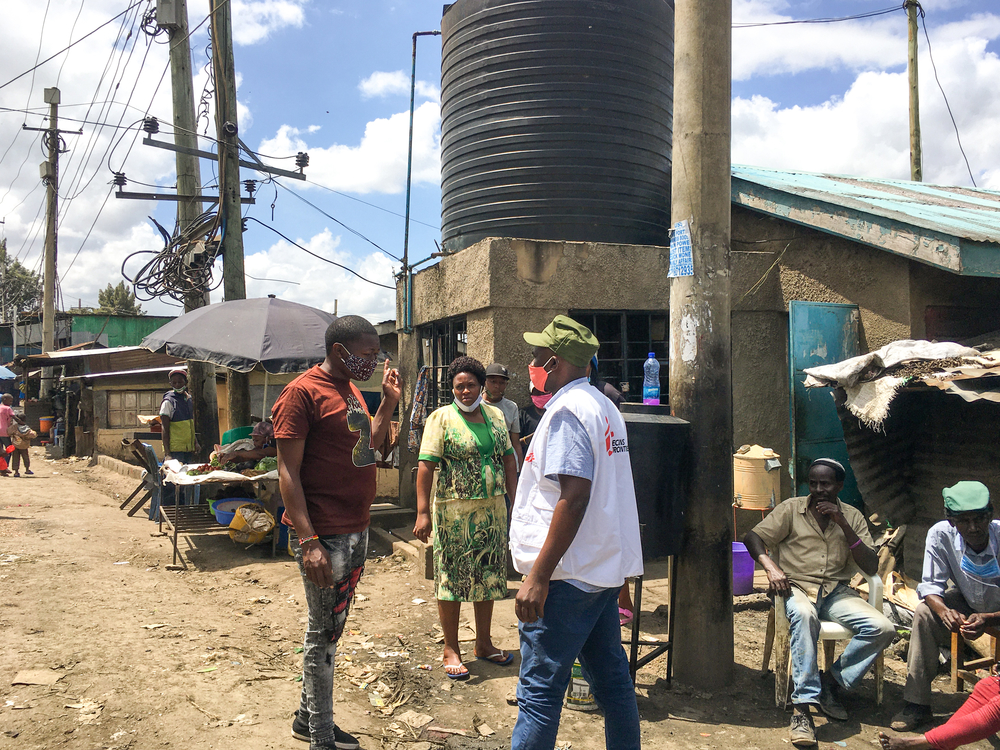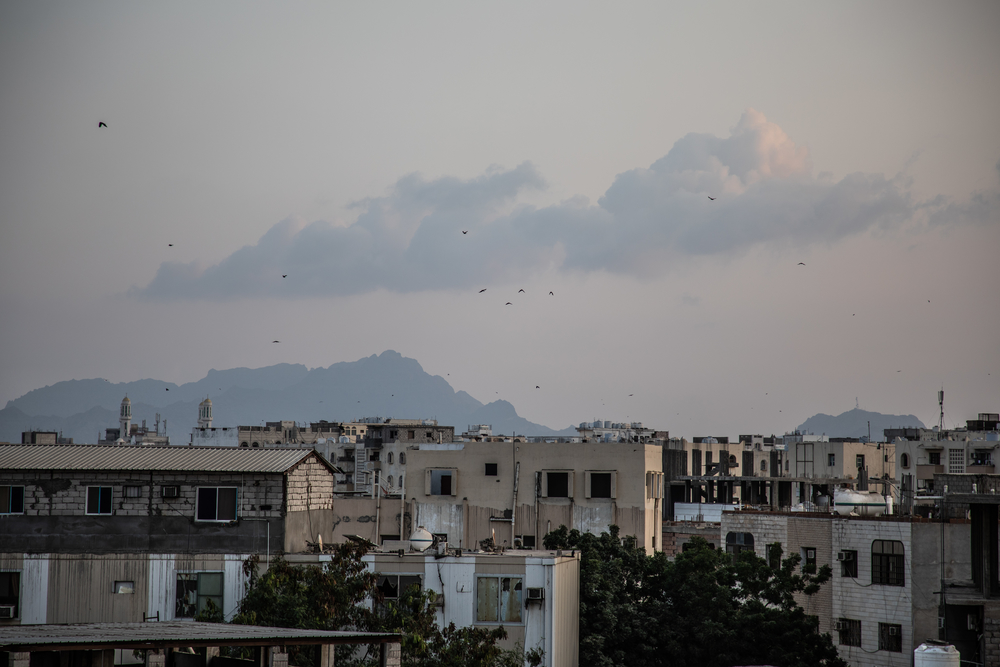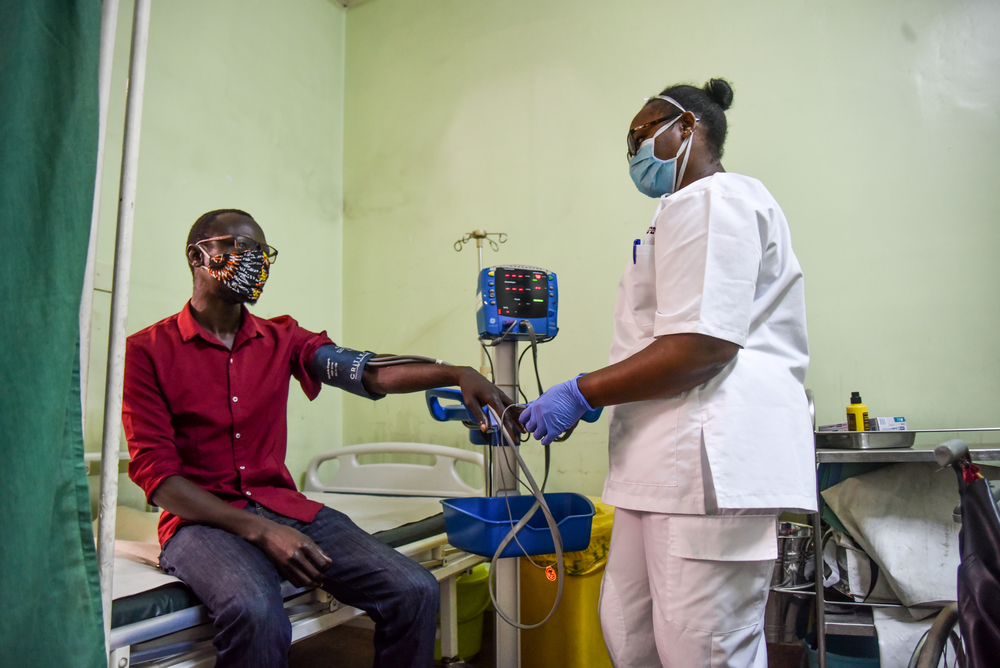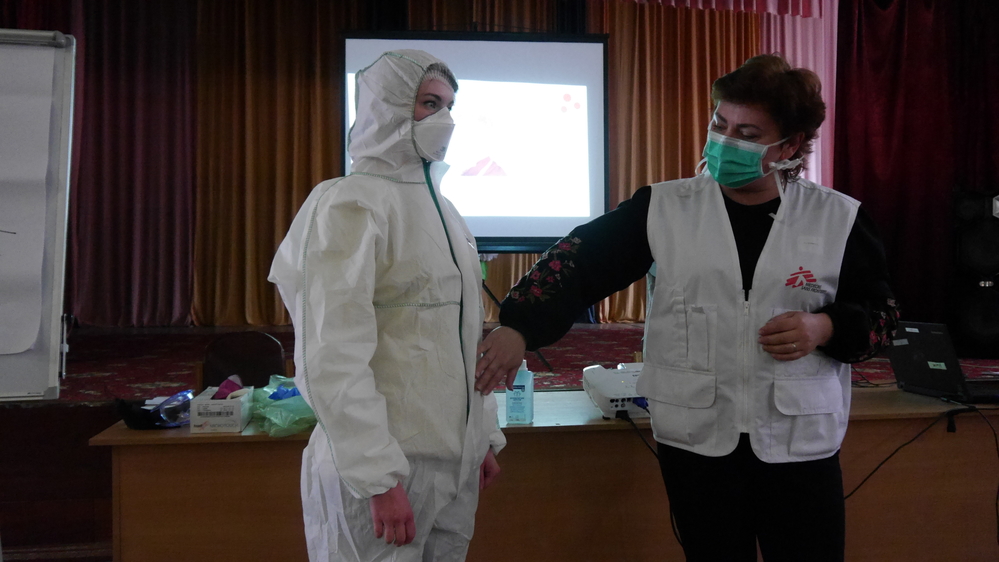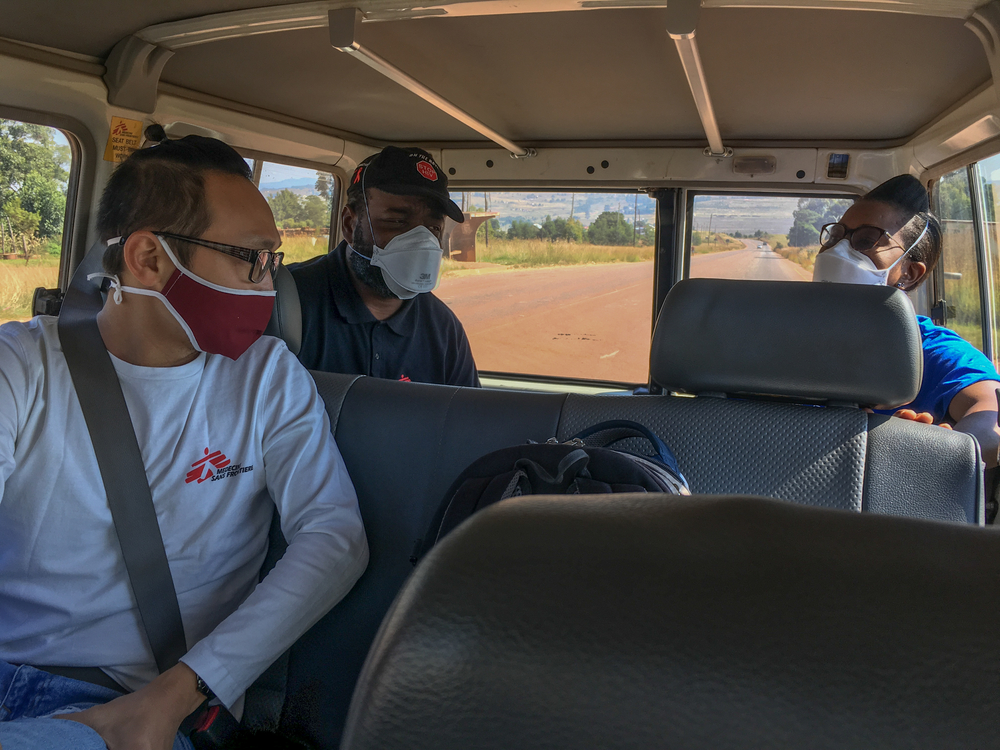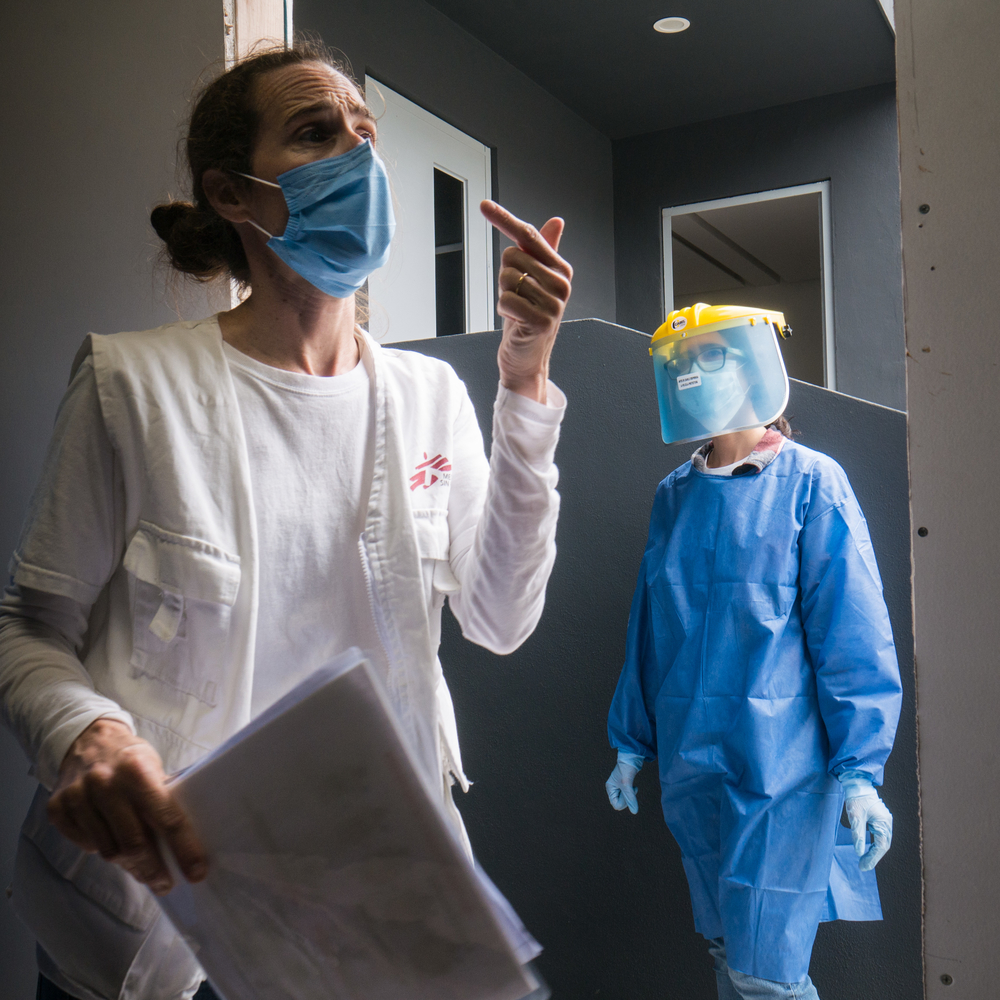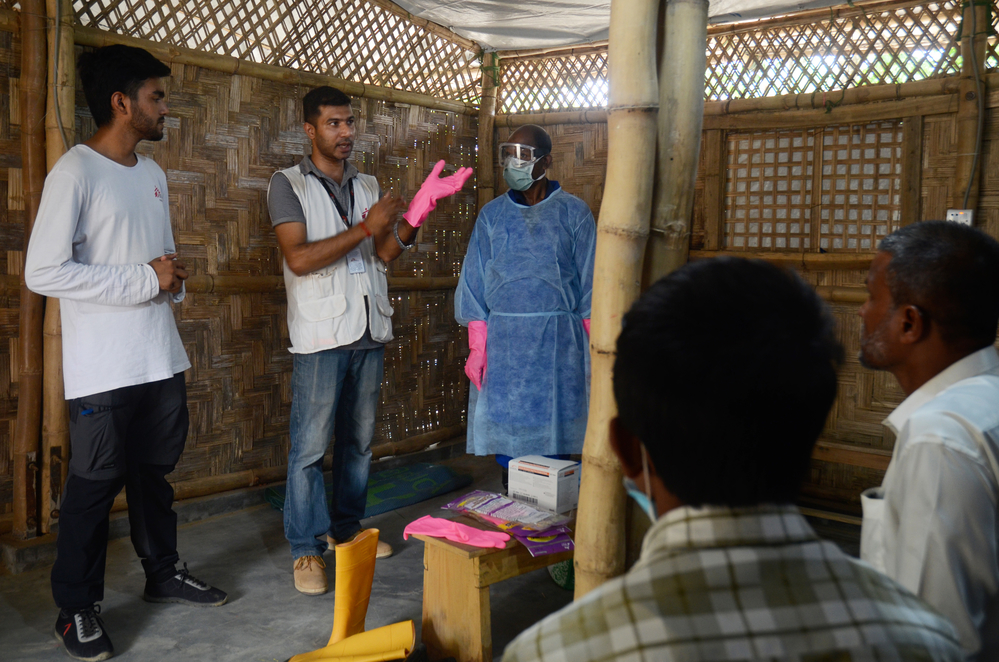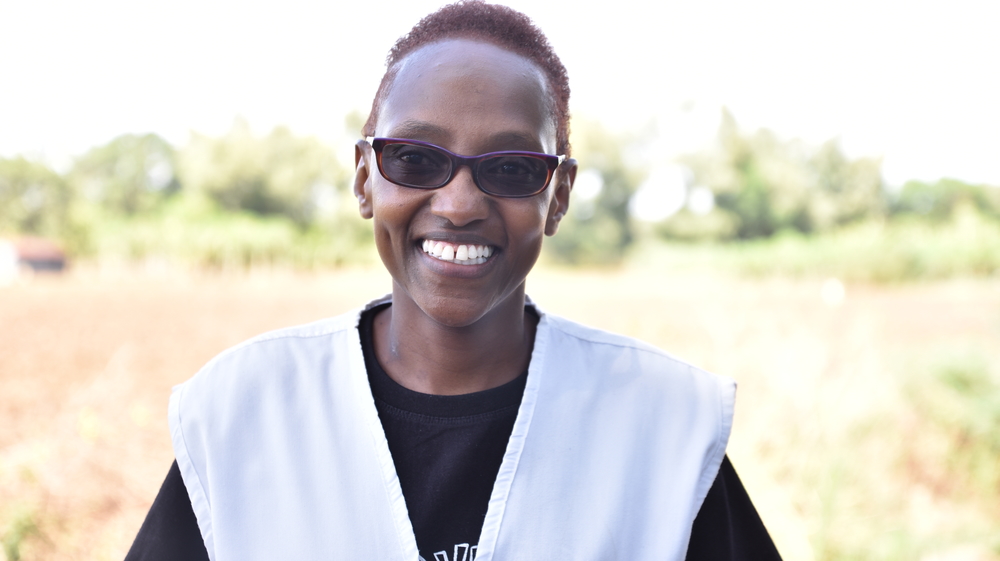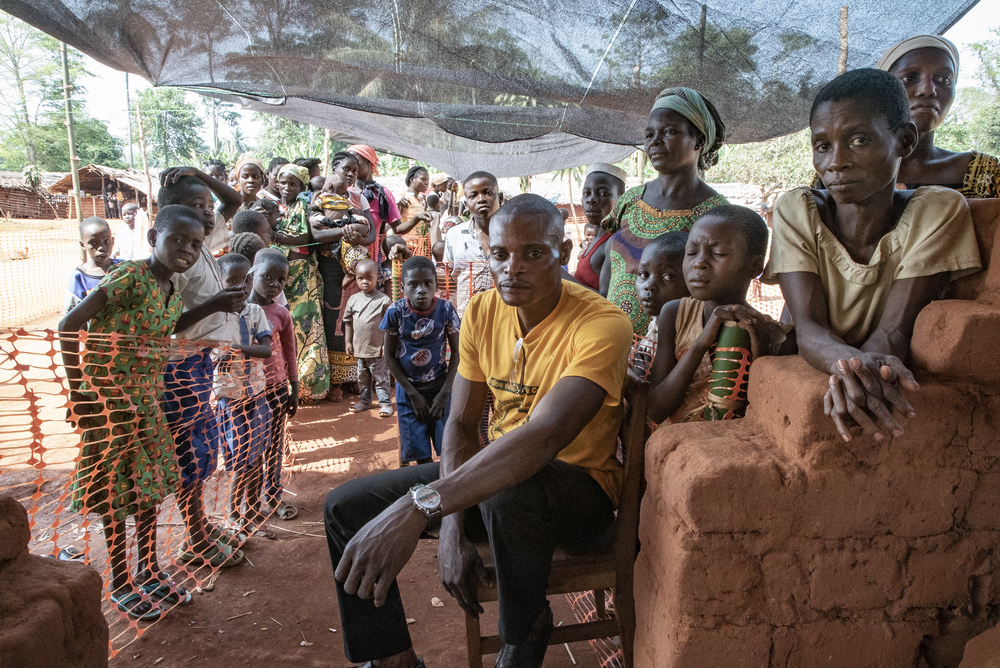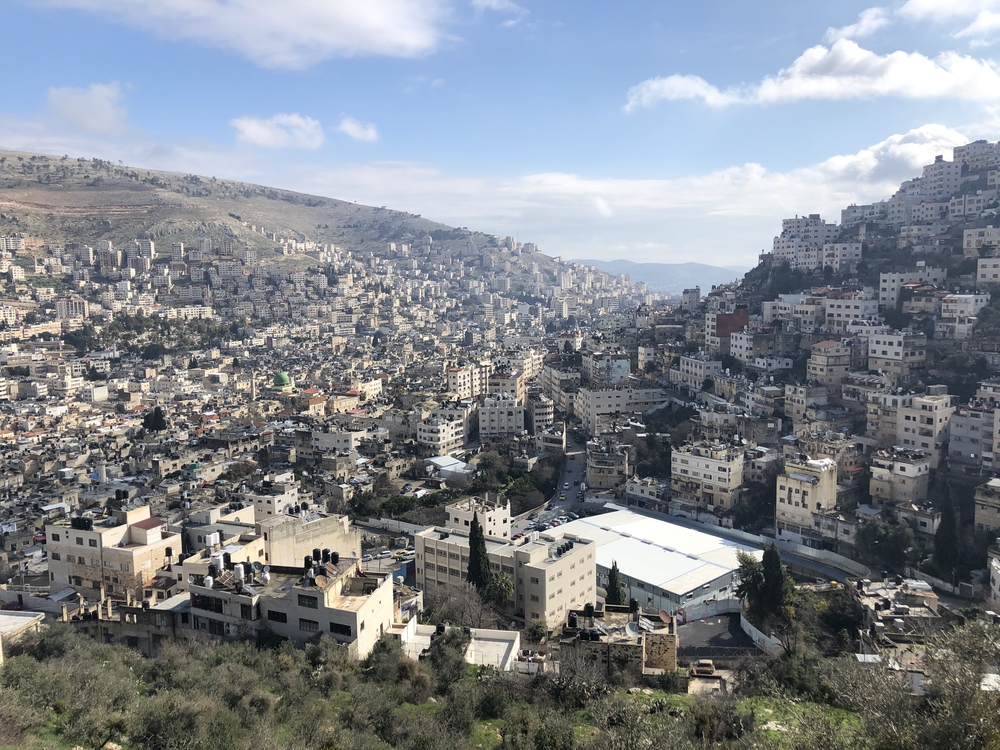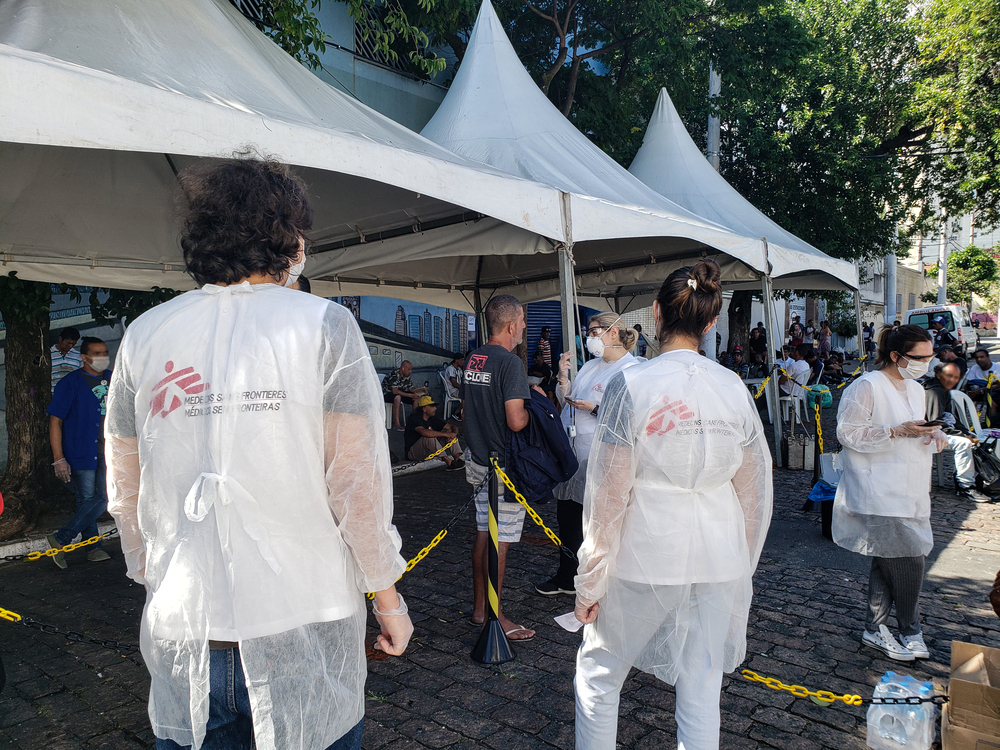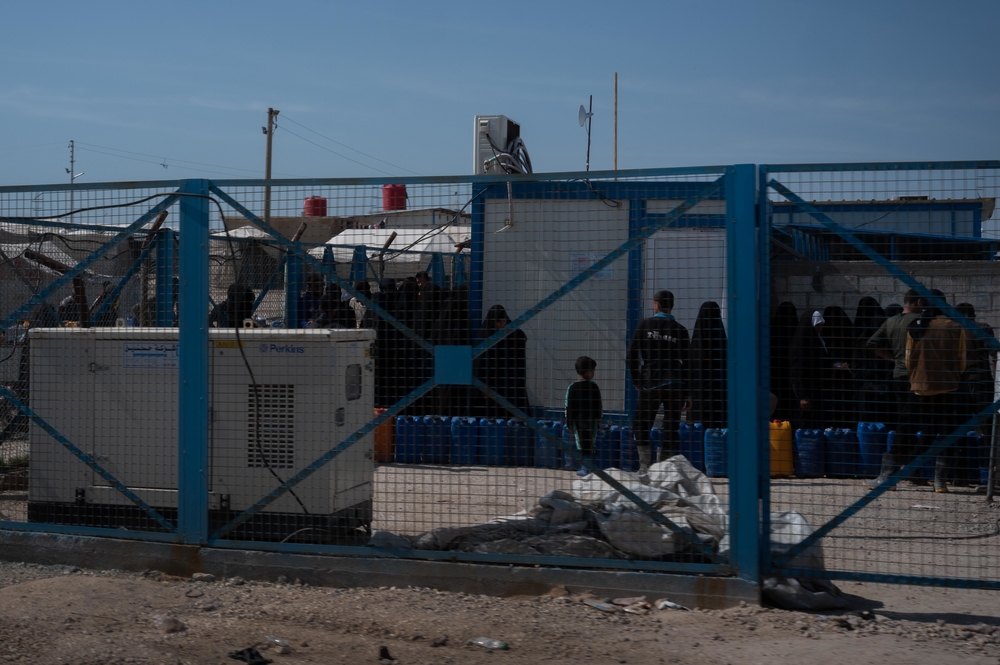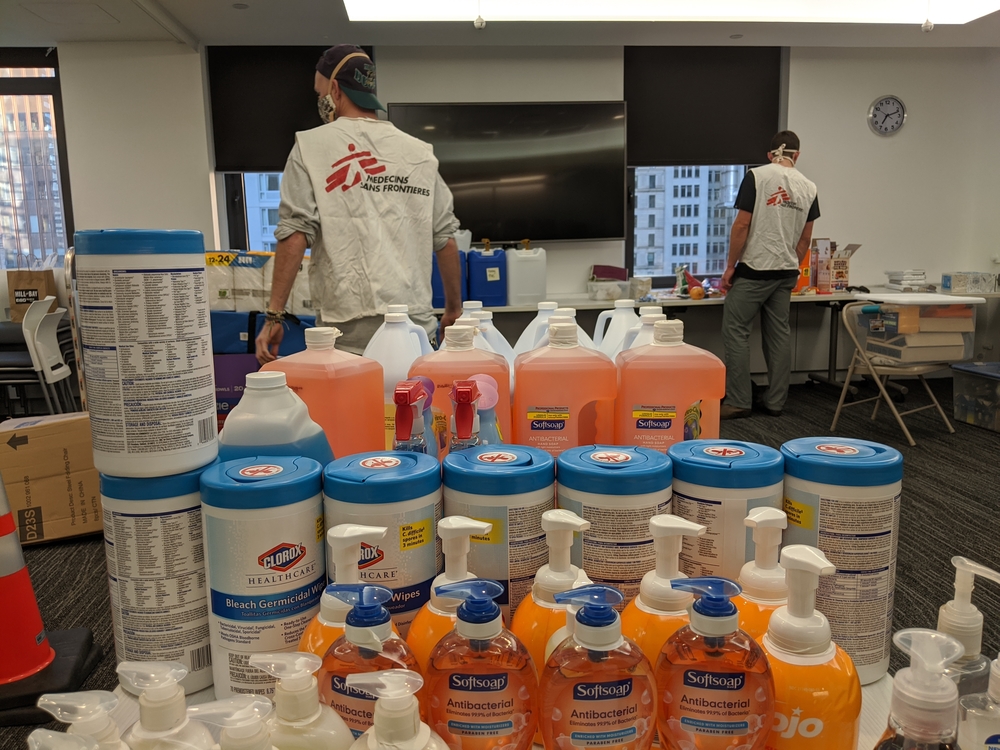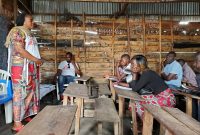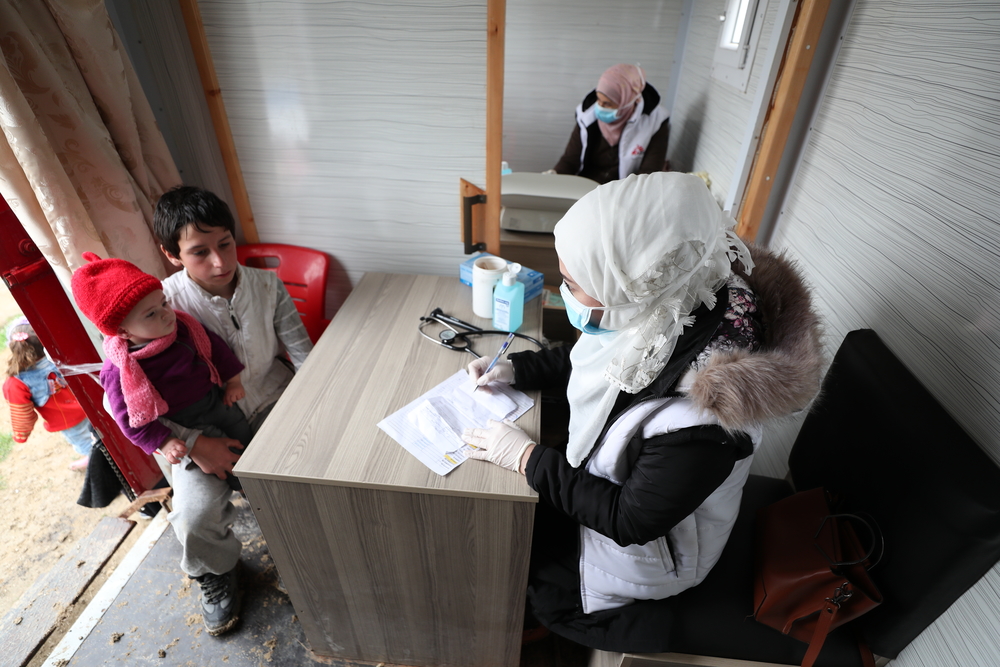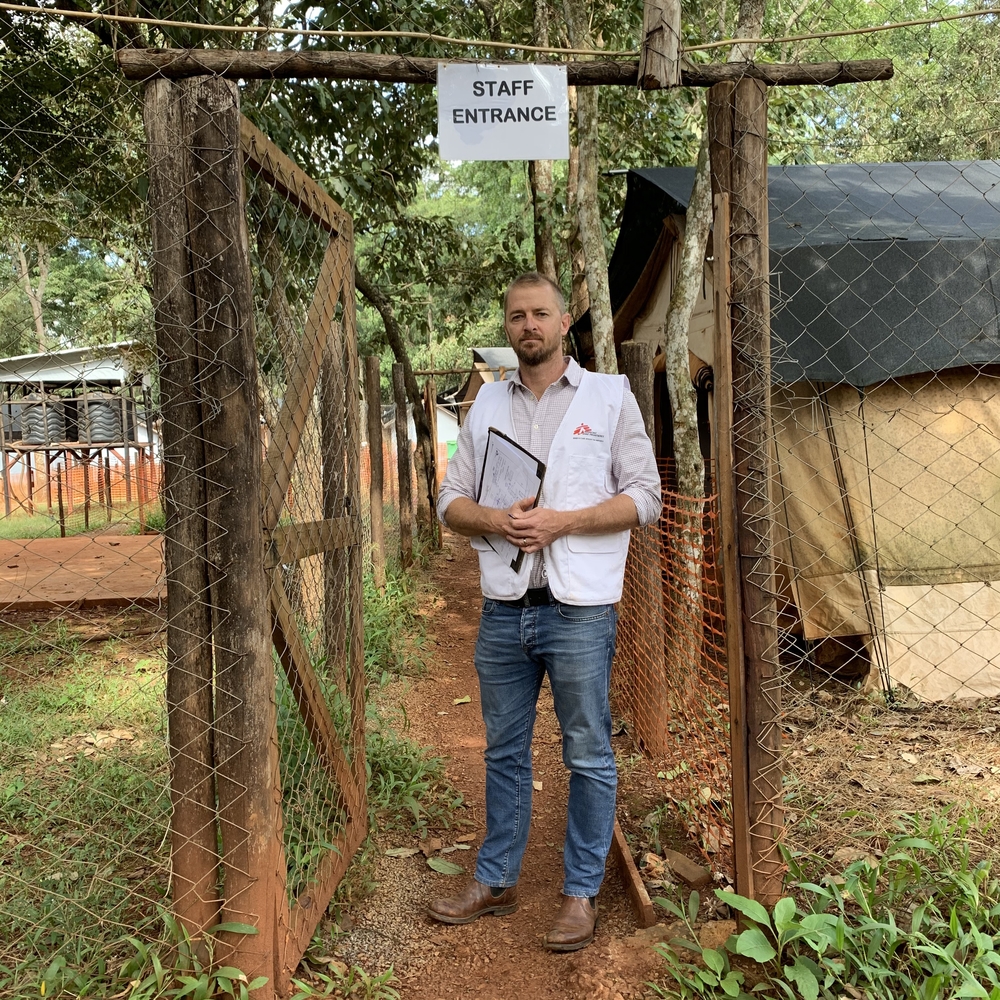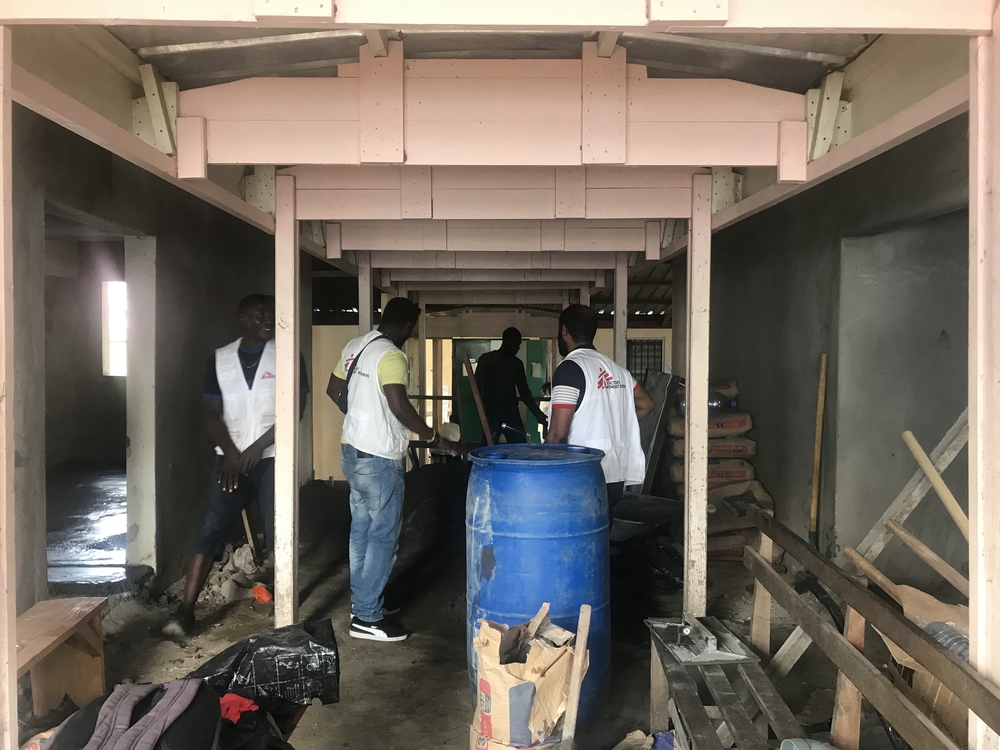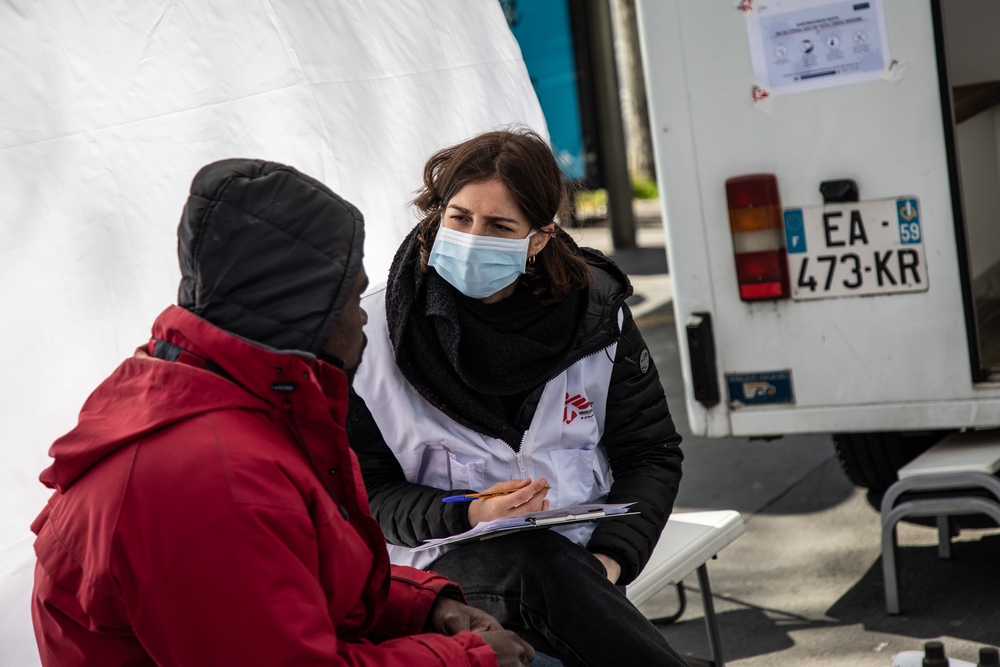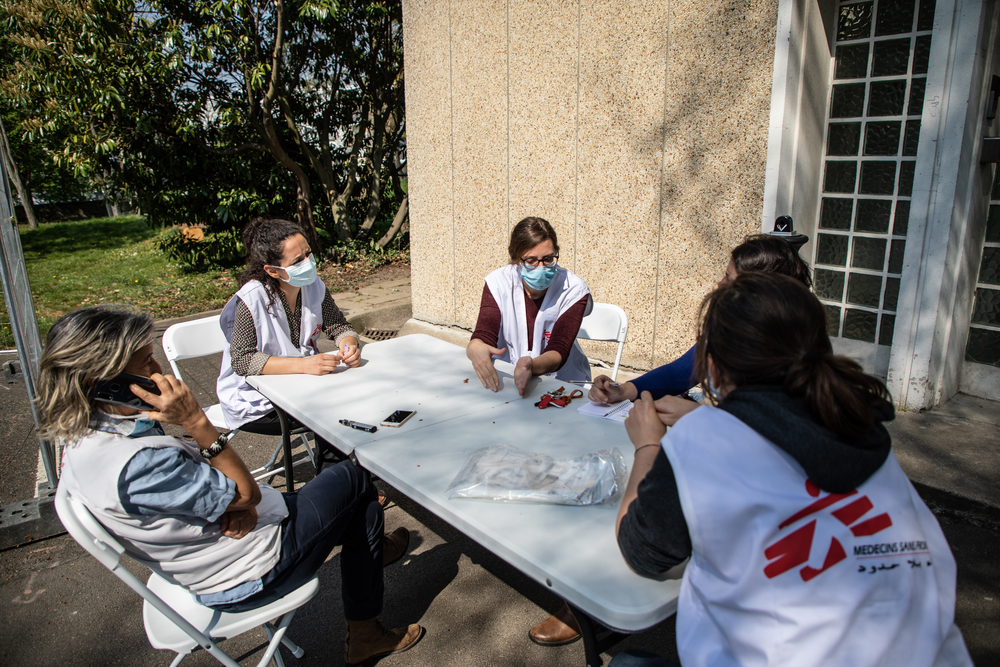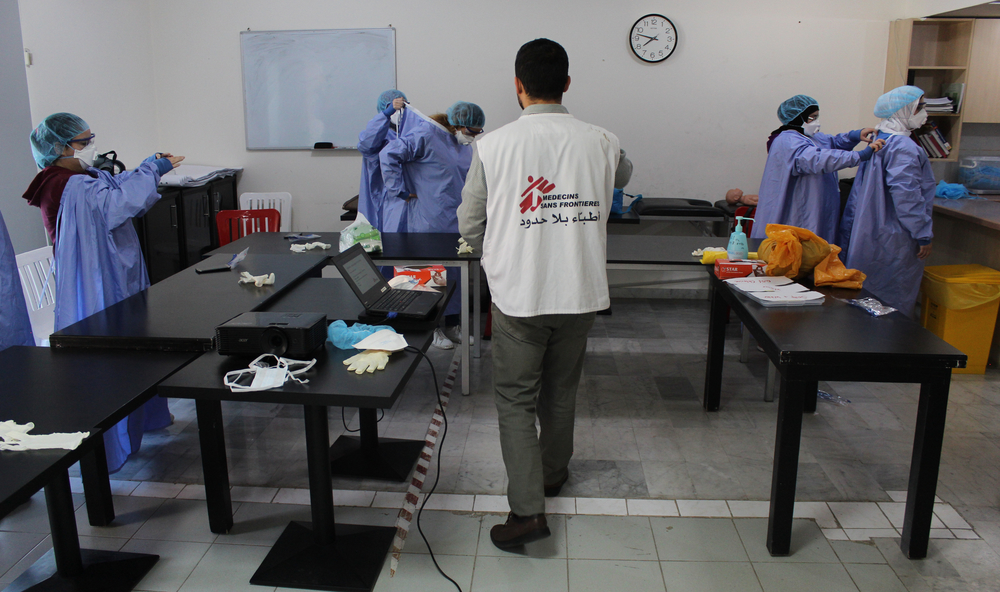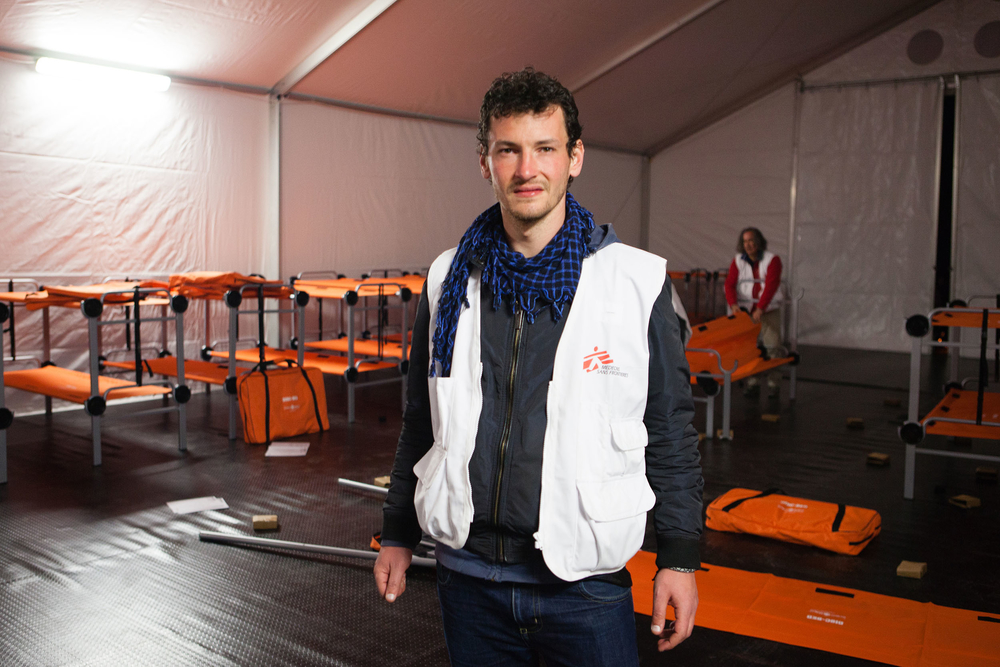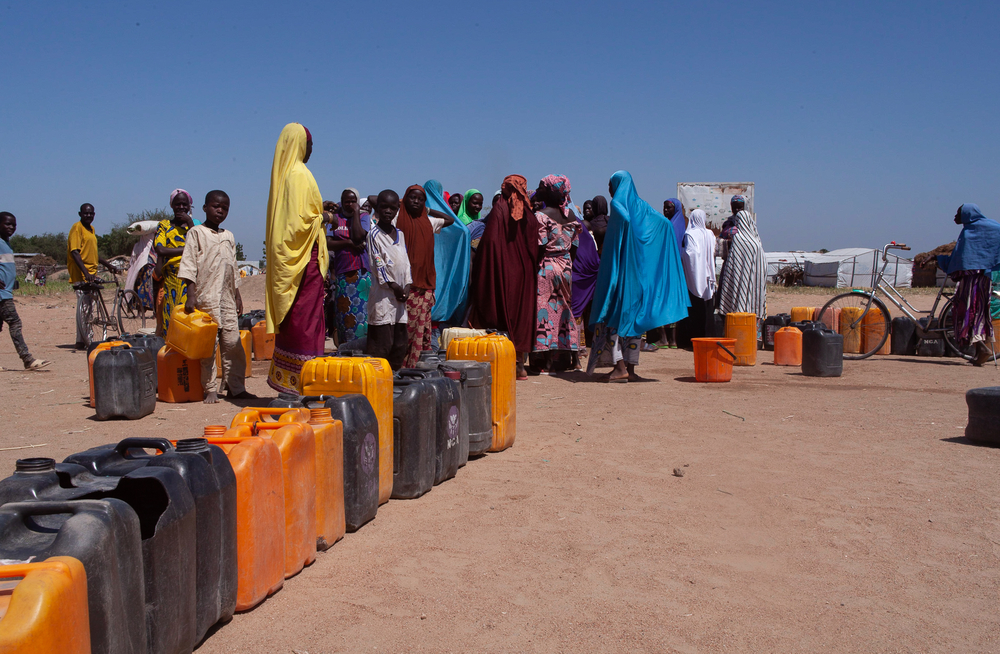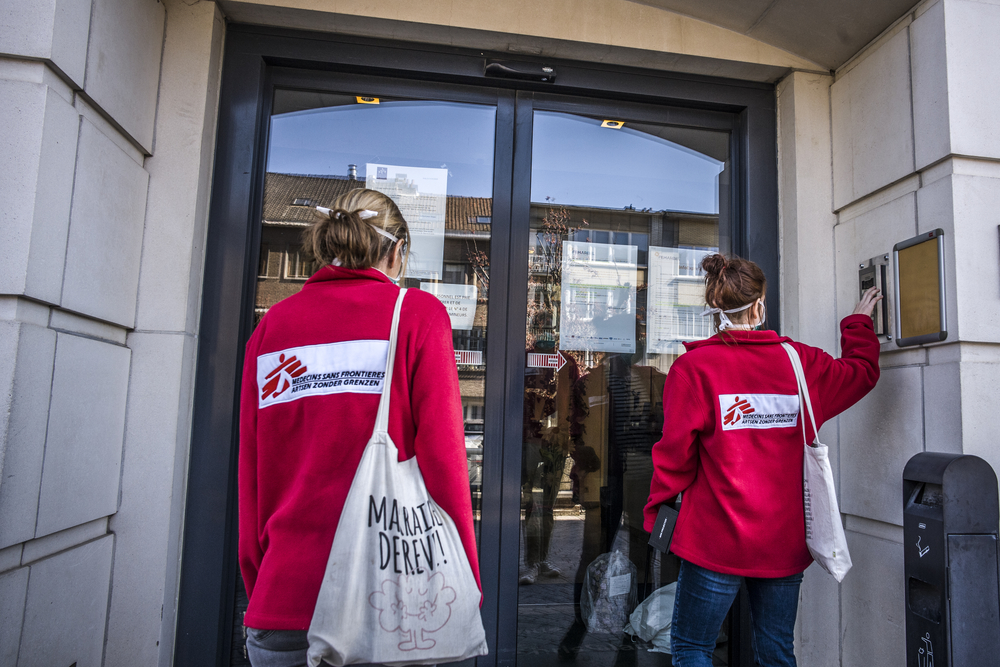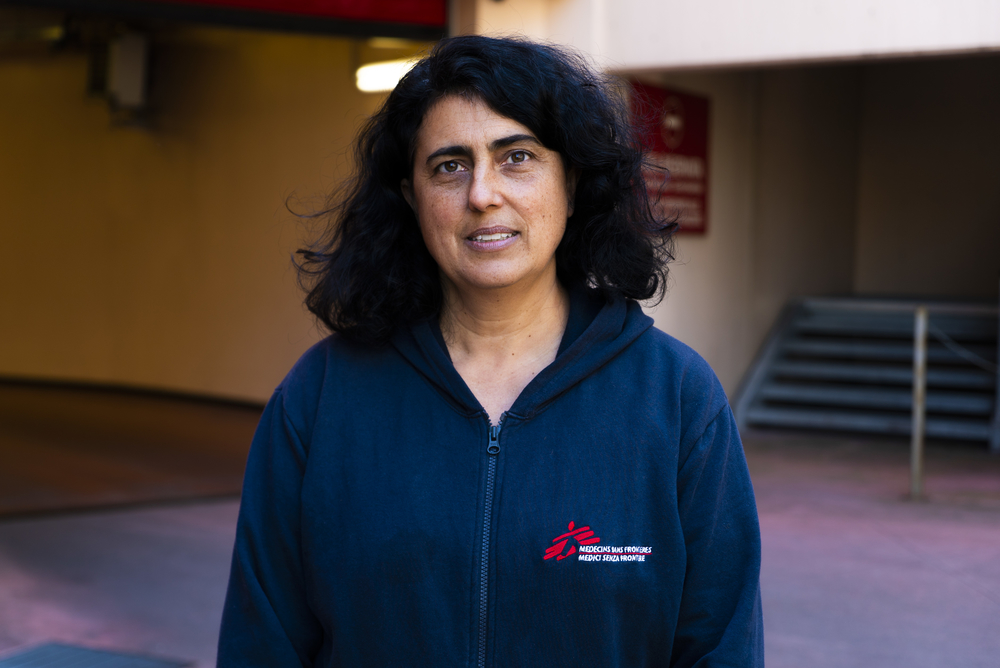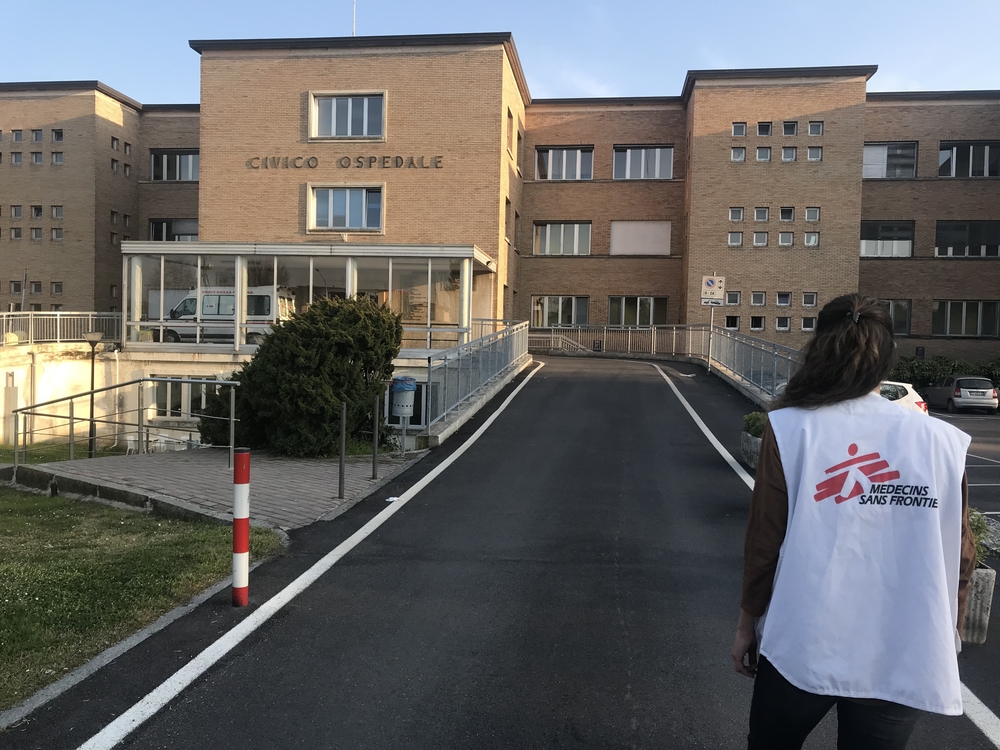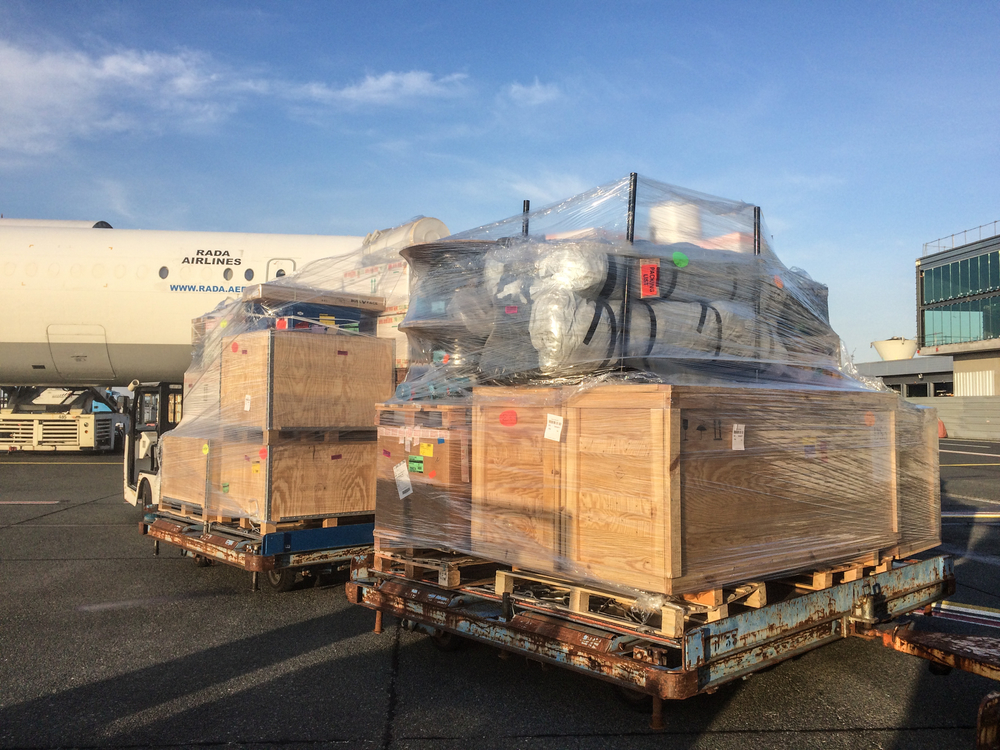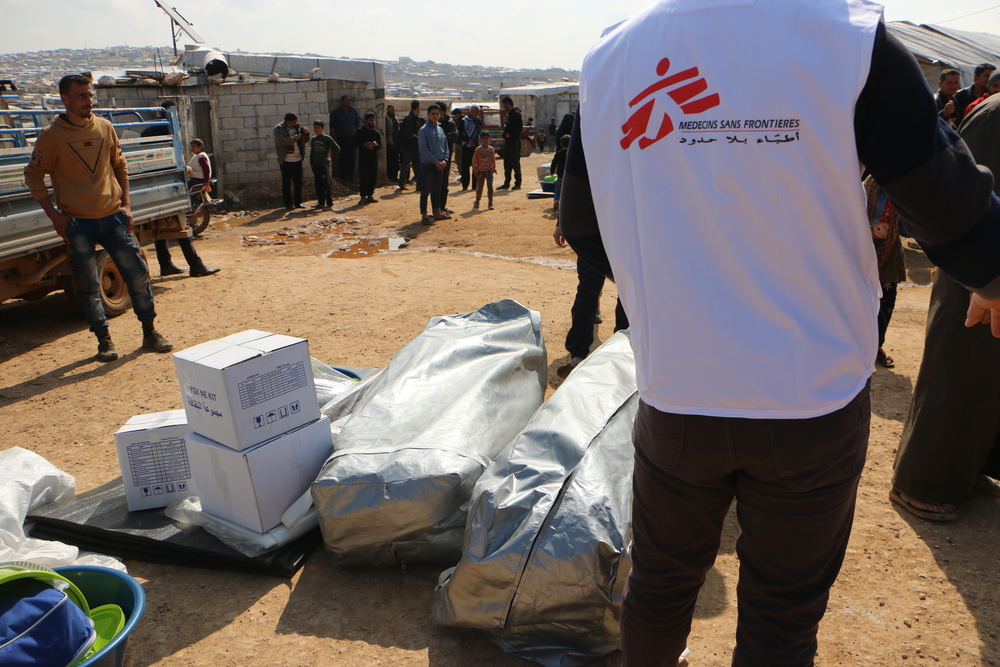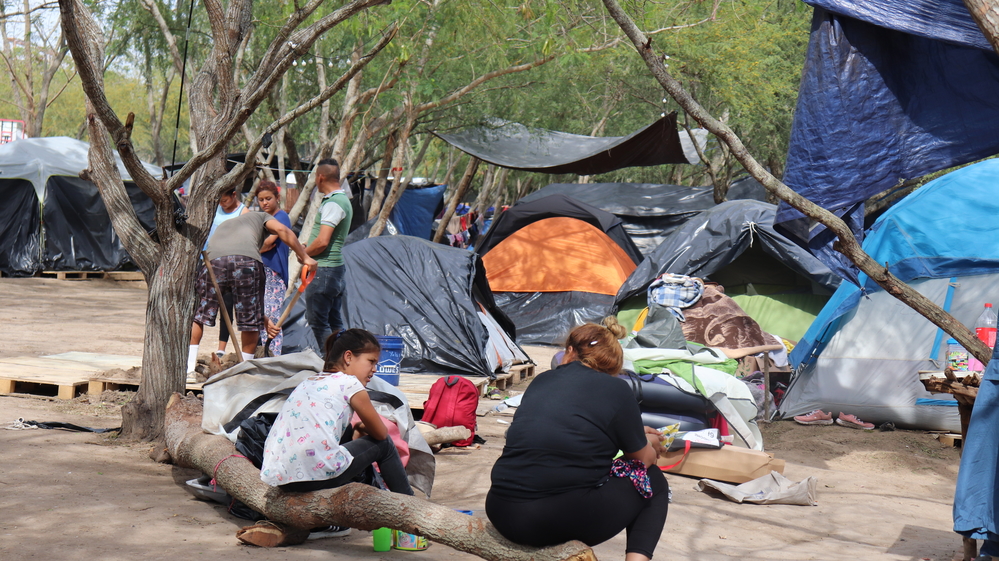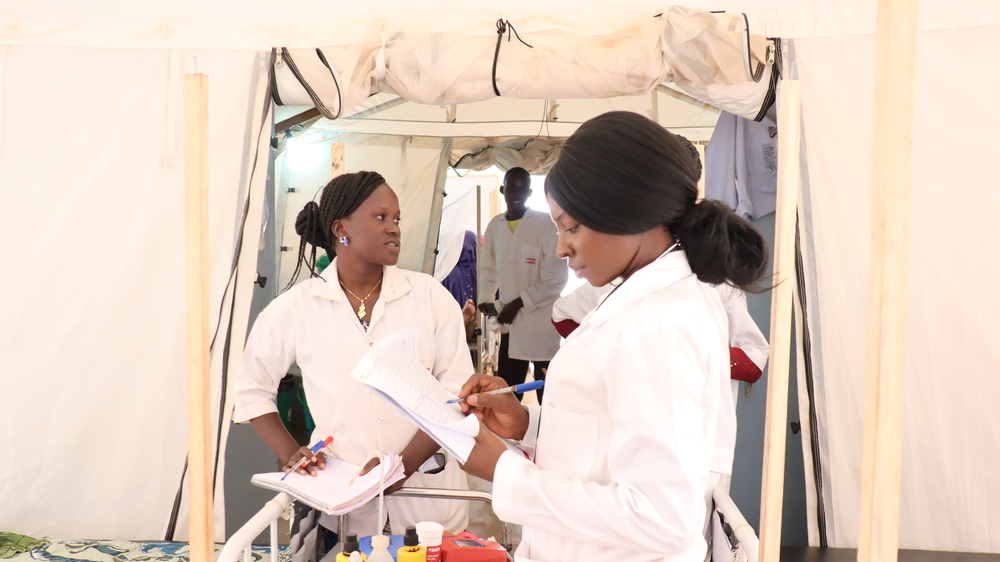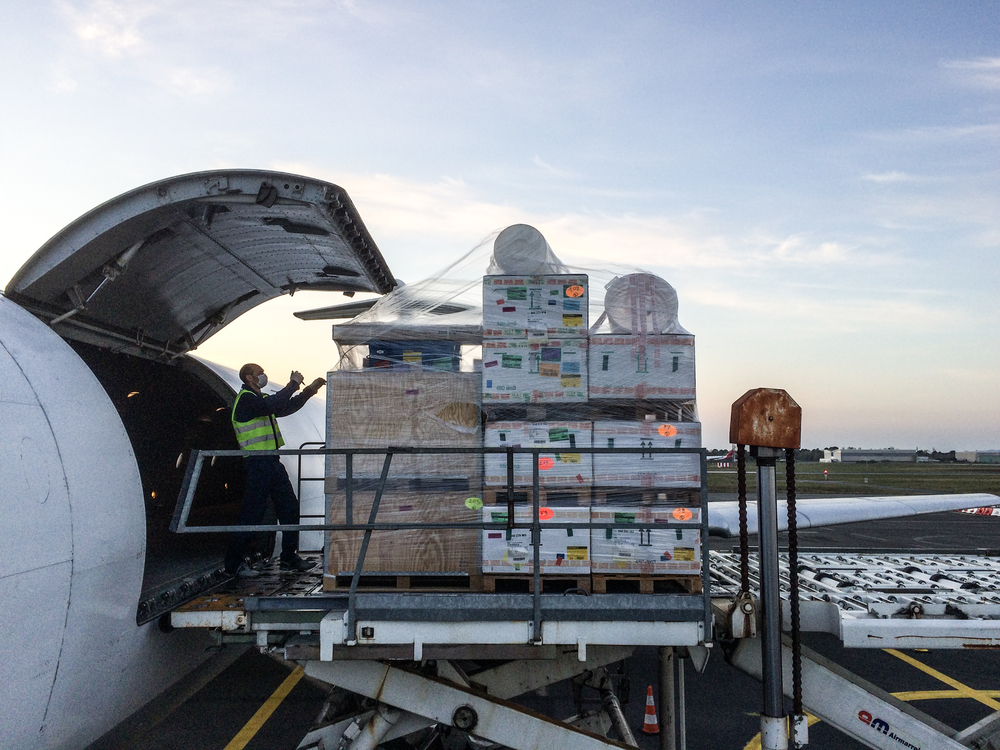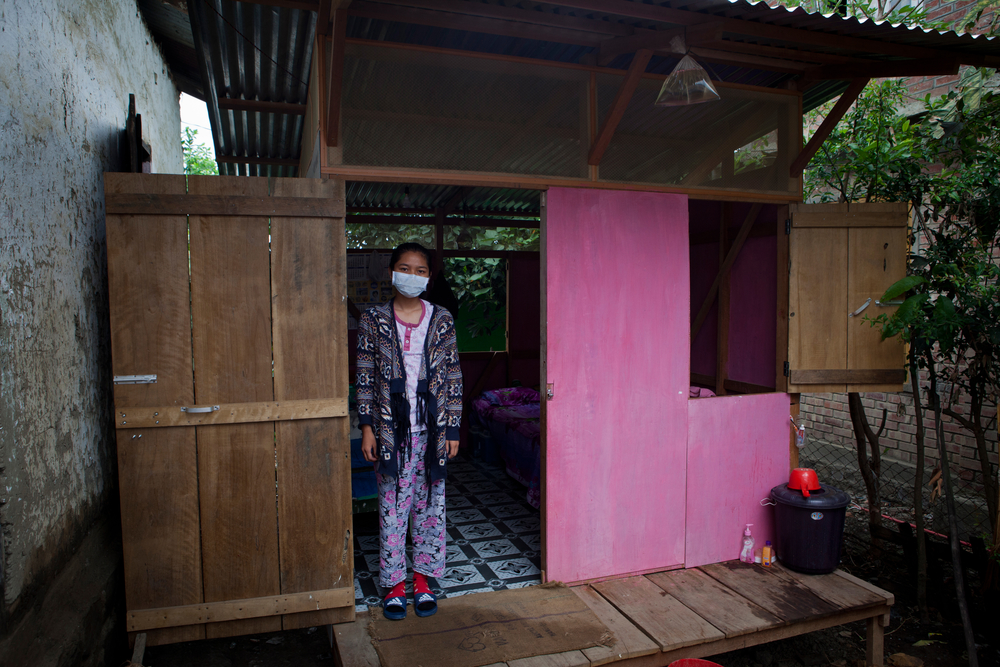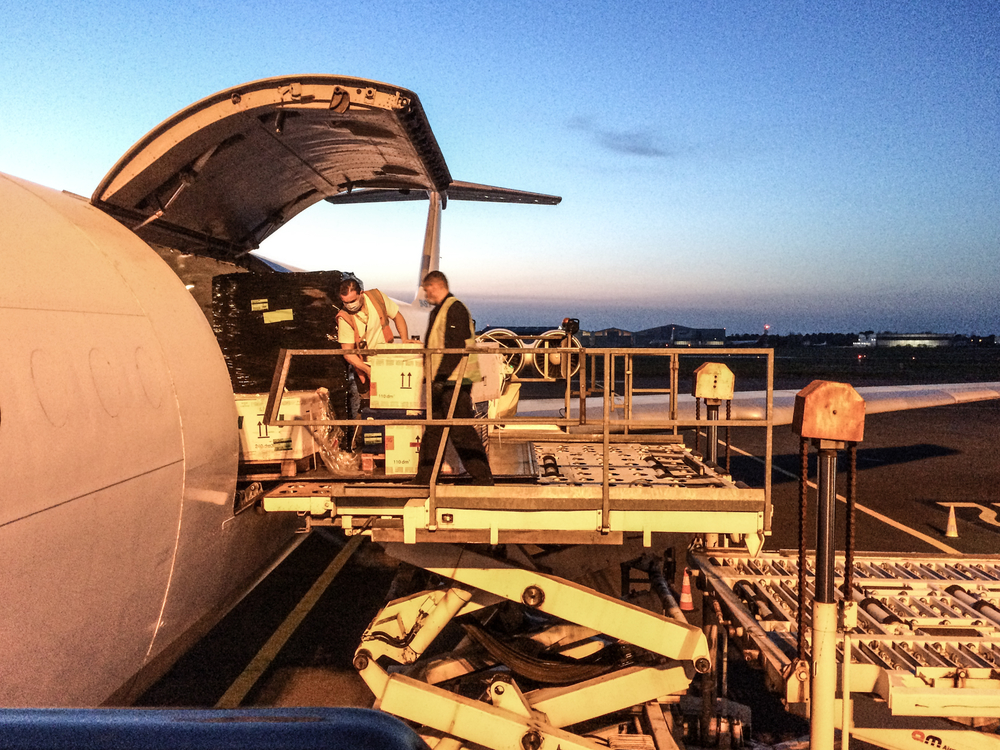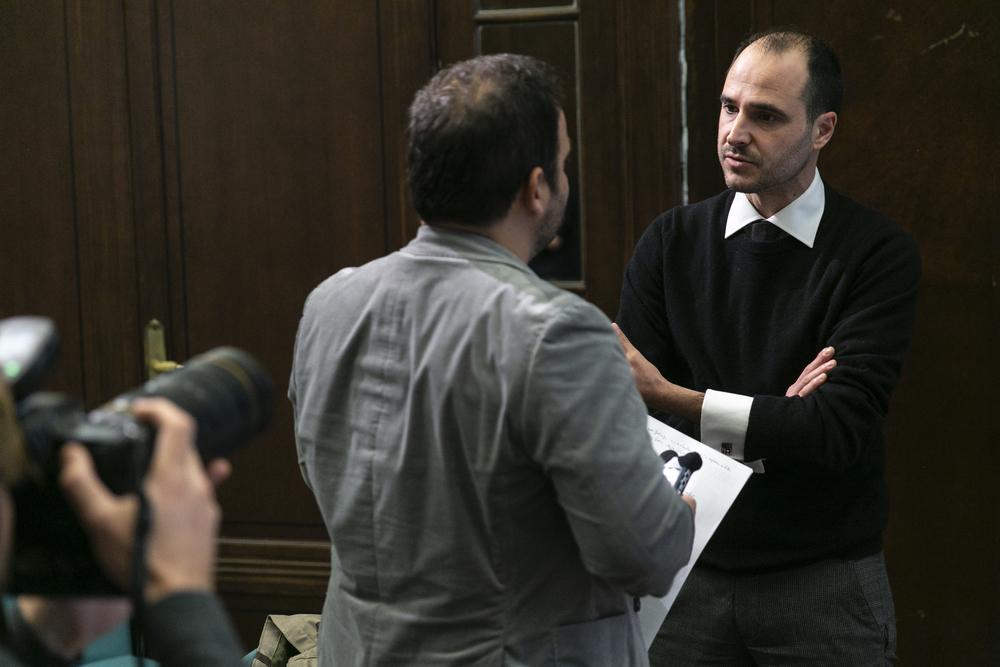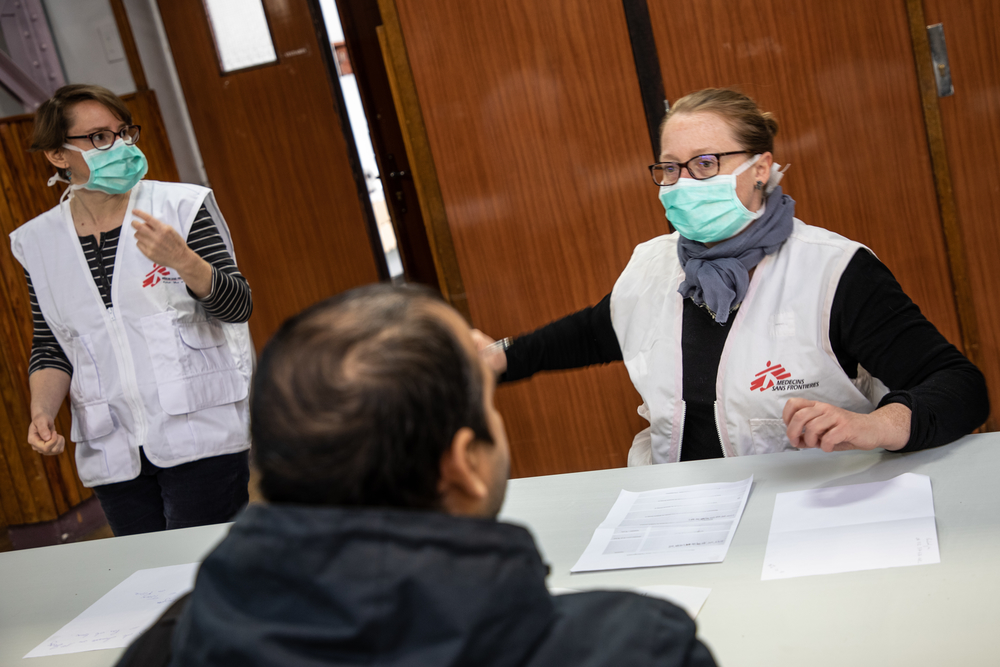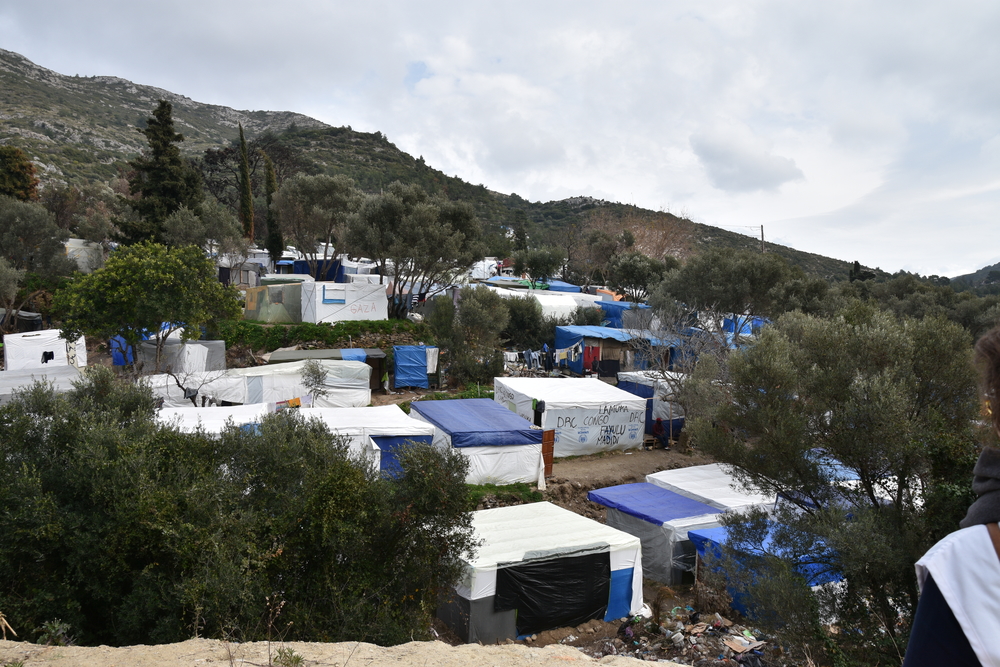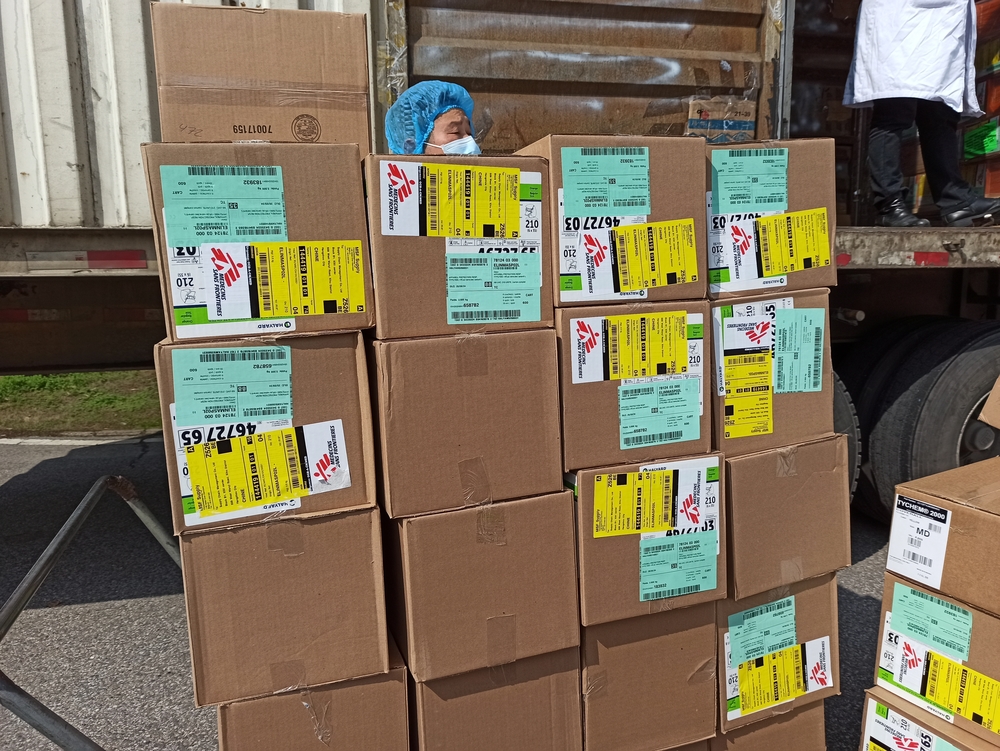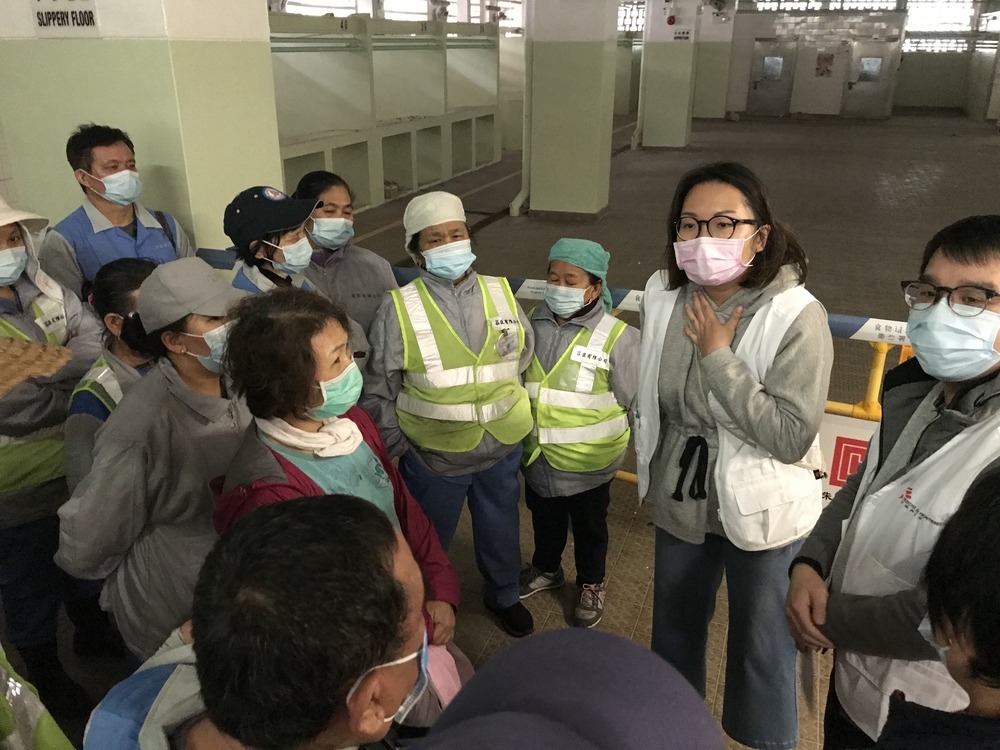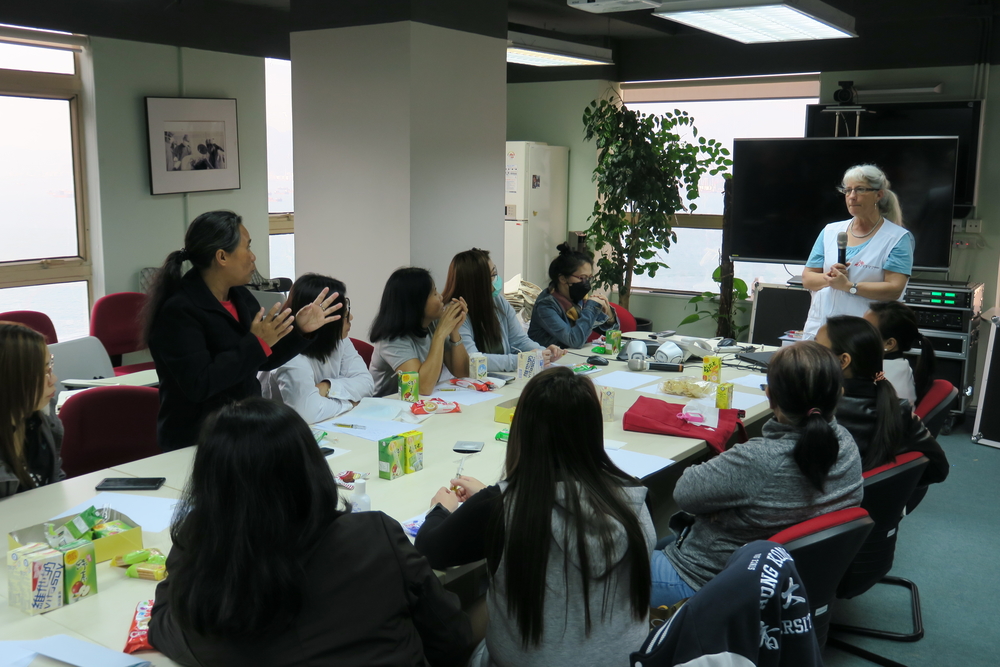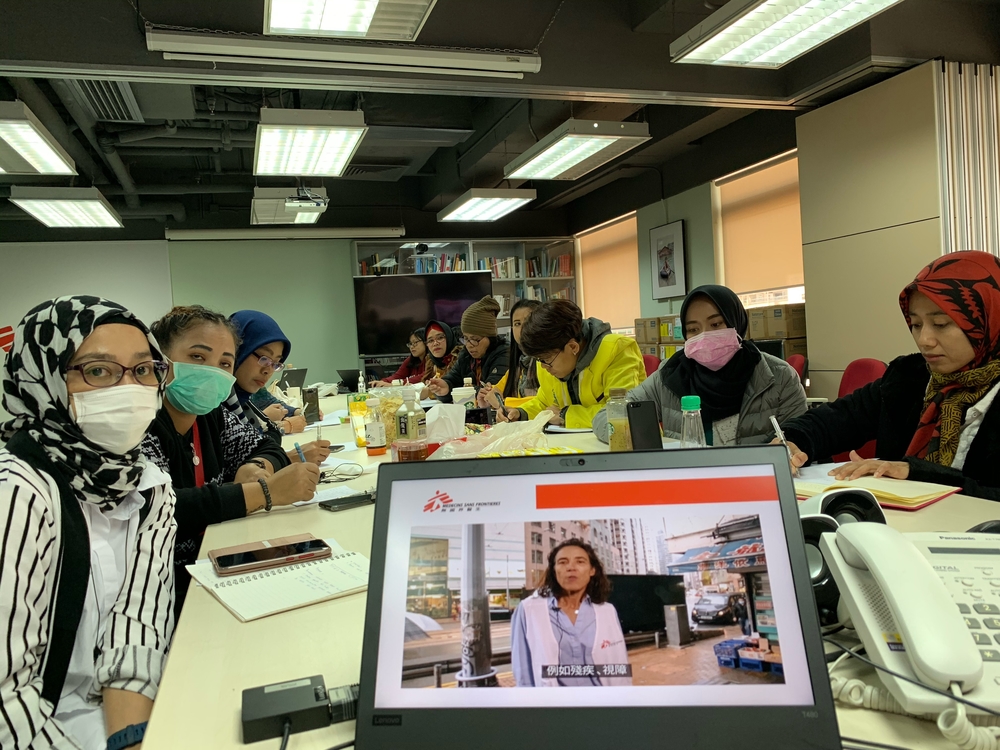MSF challenges COVID-19 myths with new quiz challenge app
A new app that encourages people to behave safely if someone in their family or community catches COVID-19 has been launched by international medical organization Doctors Without Borders/Médecins Sans Frontières (MSF) in association with software developer Pixel Impact.
Taking the form of an interactive quiz challenge, users of the COVID Challenge app are presented with a range of colourfully illustrated scenarios and given a choice of ways to respond. The topics covered are practical and wide-ranging, including how to interact with someone with COVID symptoms, how to share a bathroom when self-isolating, and how to handle food to minimize the risk of spreading the virus.
Health promotion through interactivity
“We hope to attract a young, tech-savvy generation of users who will engage with the game as an entertaining challenge and at the same time acquire useful knowledge that will induce changes in behaviour,” says MSF medical innovation coordinator Abiy Tamrat.
The concept for the app came from a quiz challenge game developed by MSF in 2019 during the Ebola outbreak in Democratic Republic of Congo to help patients and their families manage Ebola and to counter misinformation about the disease.
“Misinformation and rumours are also widespread about COVID and our aim with the app is to prevent this,” says Tamrat. “It worked for Ebola and we hope it will work for COVID too.” The health messages presented in the app are based on MSF medical protocols and World Health Organization recommendations.
“We trialled the Arabic version here in north Lebanon with the Syrian refugee community,” says MSF health promotion advisor Mireille Zreika, “and they found it challenging but also fun. We often use interactive quizzes and games in our health promotion activities, but this is the first time to have it on a phone. It’s a very effective way of sharing knowledge.”
Expanding global awareness
Tamrat envisages that the COVID Challenge app will be used by families and communities across the 70-plus countries worldwide where MSF works – and beyond. The app is available for both Android and IOS systems and is free to use; once downloaded it can be played offline, making it accessible to people with no regular internet connection.
One feature on the app reads the quiz questions out loud, so it can be used by people with a visual impairment or who cannot read. Currently it is available in English, French, Arabic and Spanish, and there are plans to introduce additional languages.
Tamrat believes that digital educational tools such as the COVID Challenge app are especially timely and have great potential for spreading health messages and empowering people to care for themselves and their communities.
“Digital transformation is happening,” says Tamrat. “Since the start of the pandemic, there has been a shift in the use of digital technology in healthcare, not by choice but by necessity. At the same time, more and more people are searching for knowledge through digital means. Educational interactive apps are one way to provide this information. I believe that the potential for using these kinds of platforms for medical care is going to be huge.”

